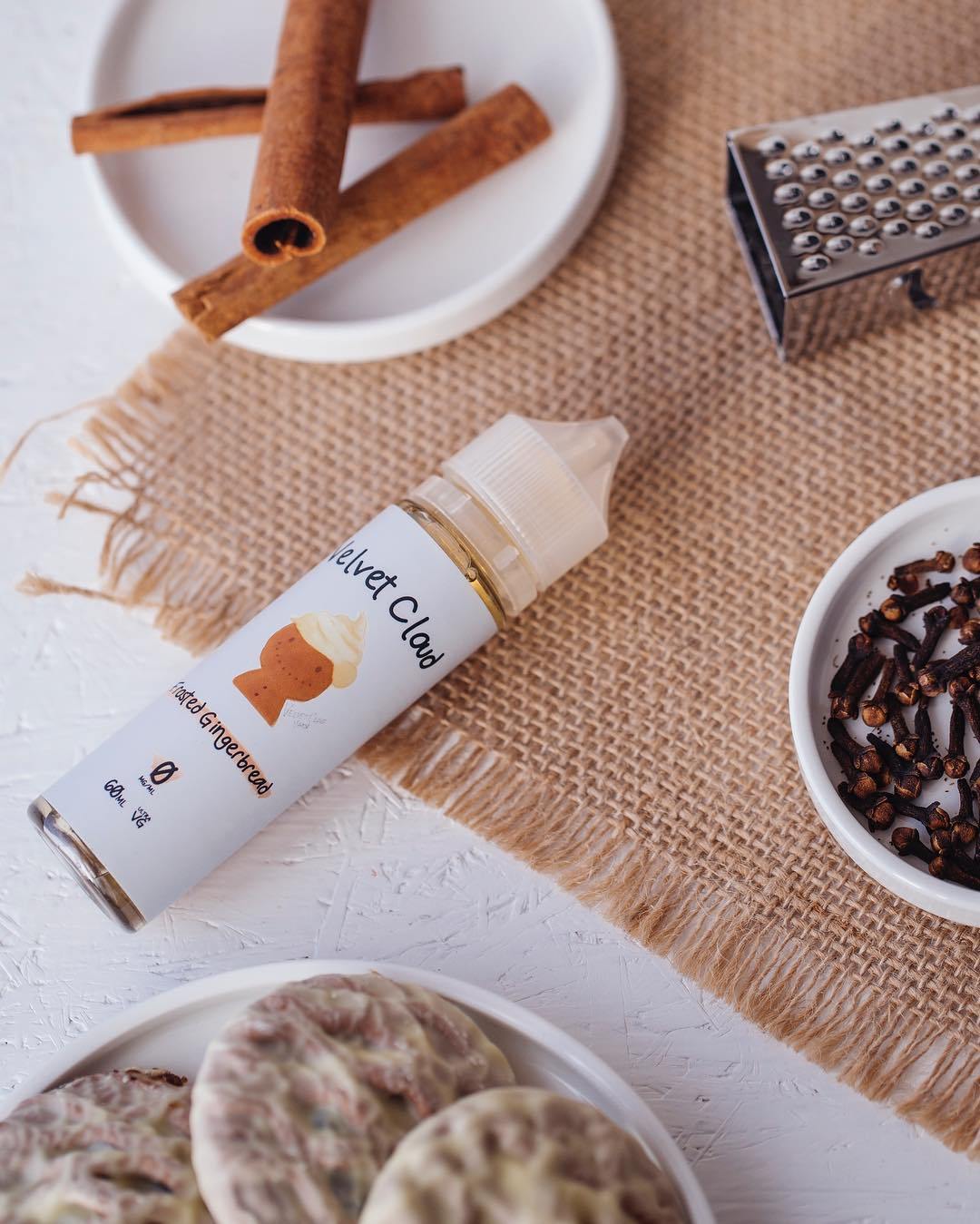The quality and composition of your e-liquid have a direct impact on your vaping experience. When your e-liquid makes contact with the heat of your coil, you naturally want the best flavor and vapor production possible. While some vape enthusiasts consider the options of a propylene glycol (PG) and vegetable glycerin (VG) based e-liquids a matter of personal preference, there are significant advantages to selecting e-liquids made with natural vegetable glycerin.
To understand the many significant advantages of selecting products made with vegetable glycerin, it helps to understand the differences between these two distinctively different vape bases.
Most E-Liquids Contain Varying Amounts of Propylene Glycol
Propylene glycol is a byproduct created during the manufacturing of fossil fuels, so it's considered an organic compound. This oily substance is typically used as a food additive and preservative. Propylene glycol is commonly found in cake mixes, frozen meals, cosmetics, medications, and personal products like toothpaste. It is also used in theatrical fog machines and many e-liquids.
A 2017 review published in the Global Journal of Pharmacy and Pharmaceutical Science notes that up to 90 percent of the e-liquids available to consumers contain propylene glycol. Although propylene glycol is generally recognized as safe for human consumption, this commonly used diluent is well known for its ability to absorb moisture and trigger allergies. In fact, many people new to vaping find they are sensitive to propylene glycol-based e-liquids. If you are sensitive to PG, you may be painfully aware of some of the following symptoms:
- A dry, sore, or irritated throat
- Sinus problems
- Nausea
- Frequent headaches
- Hives, rashes, or itchy skin
- Numbness of the face or tongue
- Coughing when attempting to vape
It is also not uncommon for less experienced vapers to complain of other common discomforts associated with vaping, including a consistently dry mouth and increased thirst. Many also irritated nasal passages and nosebleeds because of the way propylene glycol absorbs moisture and dries mucous membranes.
Even vapers who are not sensitive to the drying effects of PG may still potentially be at risk for future health complications. Several studies suggest the at PG can break down into formaldehyde under extreme heat. Some studies suggest that vapers using PG-based e-liquids are subjected to more formaldehyde than those who use combustible tobacco products.
The Many Benefits of VG-Based E-Liquids
While propylene glycol is considered an organic compound, it is still derived from petroleum products. Vegetable glycerin is acquired from plants. Vegetable glycerin is a clear fatty liquid typically derived from soy, coconut, or palm oil. Manufacturers extract glycerine by heating vegetable oils under pressure. The resulting glycerine is then typically steam distilled to remove the color and odor of the original plant source. Vegetable glycerin is sweet, syrupy, and mixes well with water. Vegetable glycerin also has a long shelf life and does not oxidize easily.
You will typically find vegetable glycerin used as a thickening agent and to keep chocolate soft and smooth. When used to create the e-liquids that fuel your vaping experience, you will likely find vegetable glycerin-based e-liquids provide a much smoother, more satisfying vape experience. Consider the following benefits:
-
Relief From Dryness and Throat Irritation
Unlike propylene glycol, vegetable glycerin is a humectant, meaning it keeps things moist. That's why it is common to find vegetable glycerin used in bakeries to keep fondant pliable. Many vaping enthusiasts find that their painfully irritated throats and congested sinus cavities clear when they make the switch to natural e-liquids made with vegetable glycerin.
-
Low Risk of Allergic Reactions or Sensitivities
Vegetable glycerin, glycerol, is one of the most benign organic products you will likely find. Vegetable glycerin is often considered hypoallergenic. That may be why it is commonly used to make capsules for pharmaceutical use. It is also non-carcinogenic. Those who make the switch to high VG e-liquids are typically rewarded with a significantly smoother vaping experience with less coughing than when they used pg-based products.
-
No Need to Flavor E-Liquids with Artificial Sweeteners
Many people try to avoid products containing artificial sweeteners. It may be beneficial to those who want to avoid artificial sweeteners to understand that many fruits, dessert, and candy-flavored pg based e-liquids also contain artificial sweeteners to enhance their flavors. Since vegetable glycerin has a slightly sweet flavor on its own, manufactures of VG products often find that their sweetly flavored treats don't require artificial ingredients to enhance the flavor. The resulting products are much more natural.
-
Intensifies the Flavors of Fruity or Floral Flavors
 Those who enjoy floral or fruity vape, or have had difficulty finding a fruity or floral vape to suit their preferences may want to try a vegetable glycerin product. Since VG is naturally sweet, your fruity and floral flavored vapes will taste closer to the original because they won't have the tell-tale aftertaste of artificial sweeteners.
Those who enjoy floral or fruity vape, or have had difficulty finding a fruity or floral vape to suit their preferences may want to try a vegetable glycerin product. Since VG is naturally sweet, your fruity and floral flavored vapes will taste closer to the original because they won't have the tell-tale aftertaste of artificial sweeteners.
-
Immense Plumes of Vapor
Products made with vegetable glycerin are much thicker than their propylene glycol counterparts, and so is their vapor production. Many people looking for the ultimate vapor clouds prefer products made with a high content of vegetable glycerin. That's because when compared to propylene glycol-based products; vegetable glycerin provides a smoother mouthfeel and ample amounts of thick, rich vapor. If you're chasing the clouds, you will likely enjoy the effects of a VG vape experience.
-
A Natural Alternative to Petroleum-Based Products
You can enjoy vaping without subjecting your body to synthetic chemicals, artificial colors, and artificial flavors by selecting all-natural products made with natural vegetable glycerin. Of course, how natural your product is will depend on where you purchase your products. If you are serious about knowing what goes into your vape, you will want to rely on product manufacturers who value transparency.
The Vegan-Friendly Vegetable Glycerin Vaping Experience
While propylene glycol is technically not animal based, those looking for natural products typically prefer vaping liquids crafted with vegetable glycerin. For vegan-friendly, gluten-free e-liquids, consider the value of Velvet Cloud.
Velvet Cloud makes some of the most natural liquids found anywhere in the marketplace. Our gluten-free vape blends are vegan-friendly, crafted without artificial colorings, artificial sweeteners, chemical pesticides or unnatural additives. All Velvet Cloud products are created in micro batches in our certified ISO7 lab.
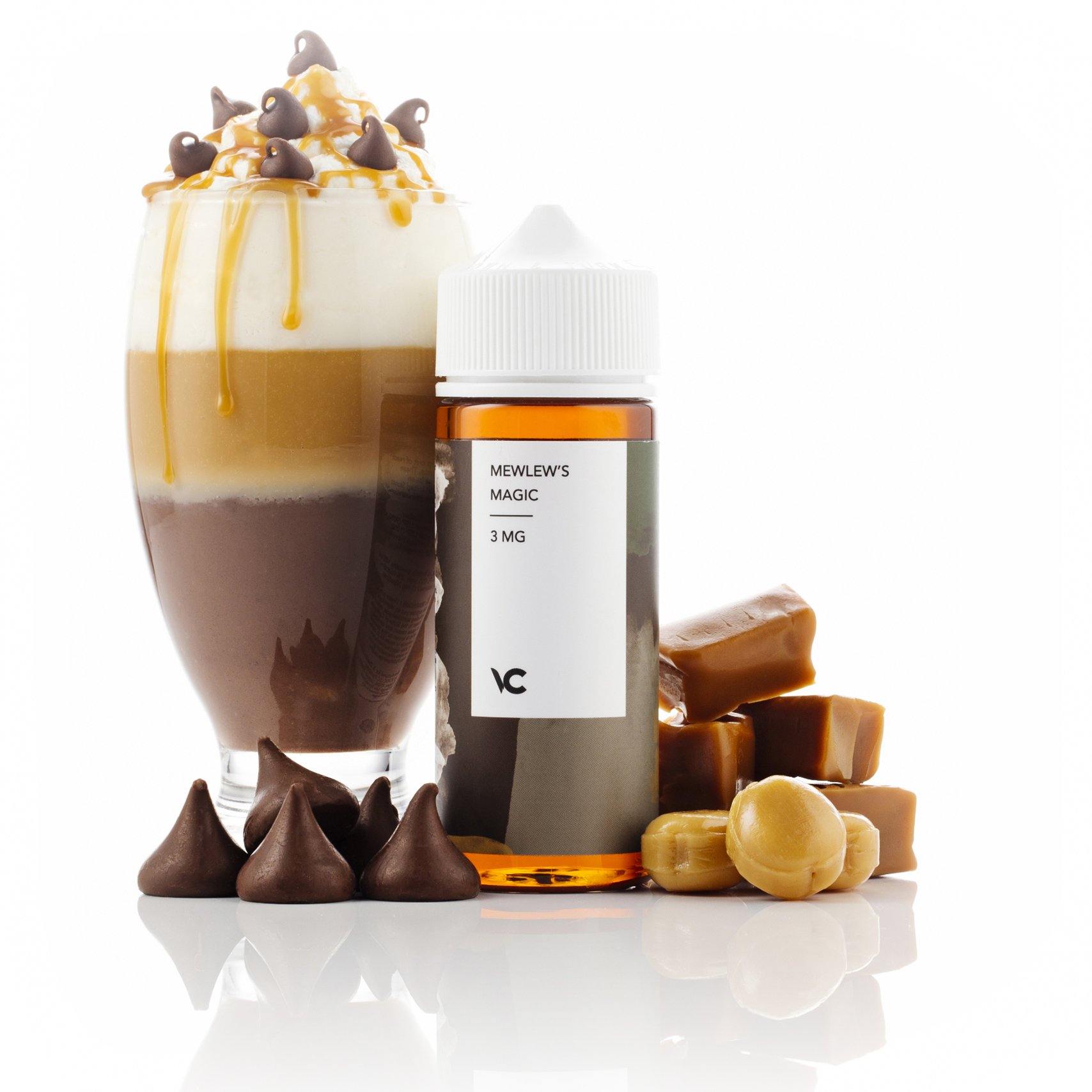
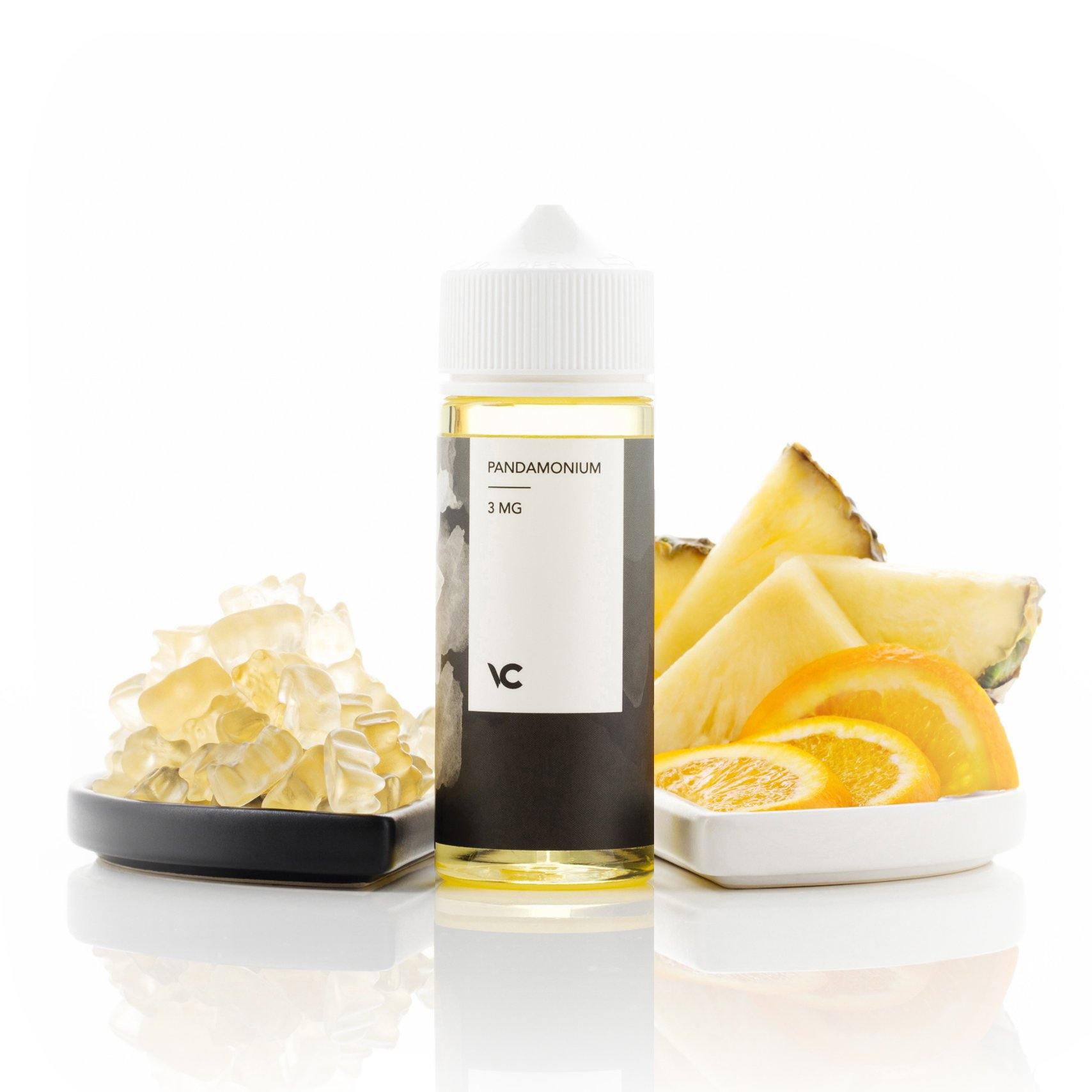
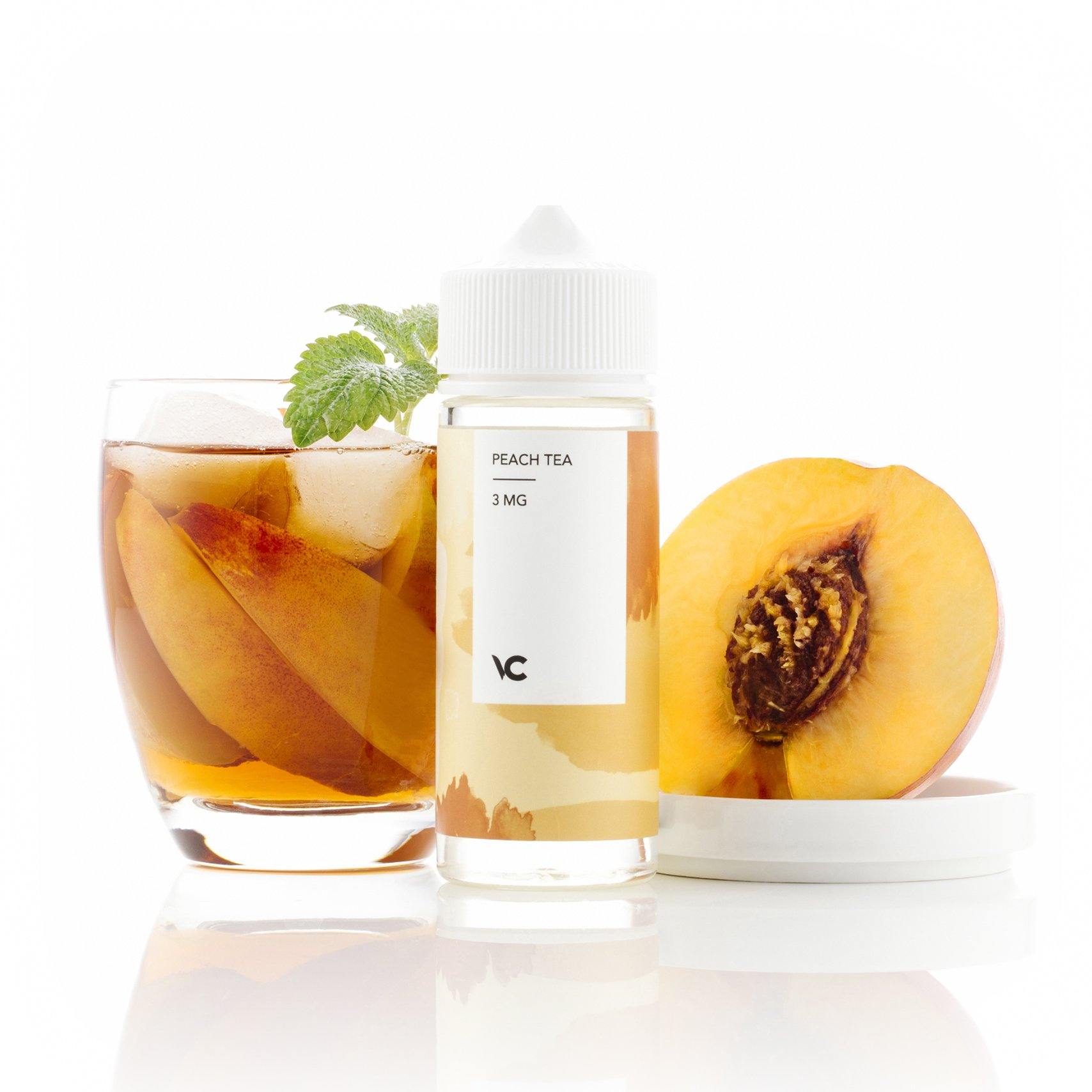
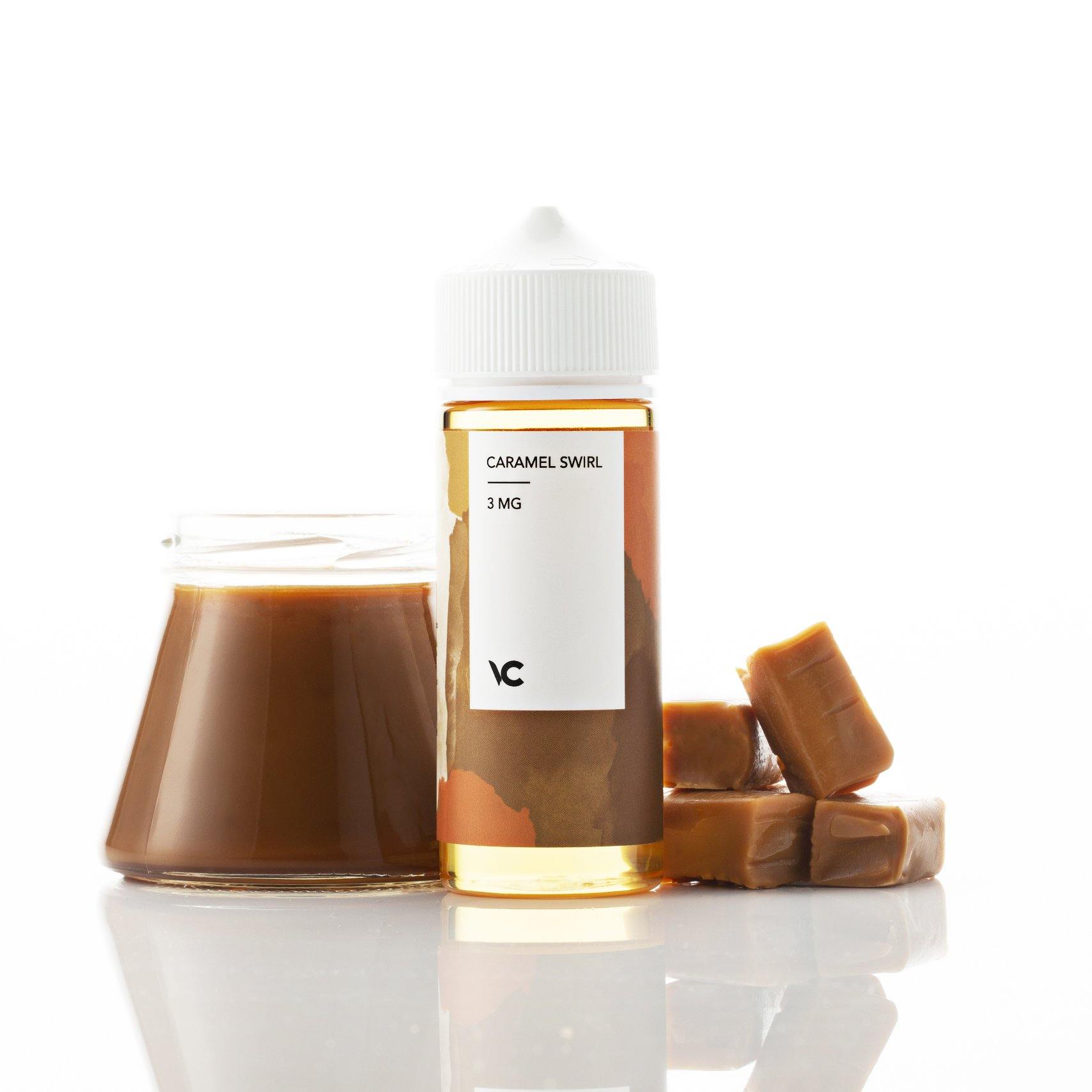
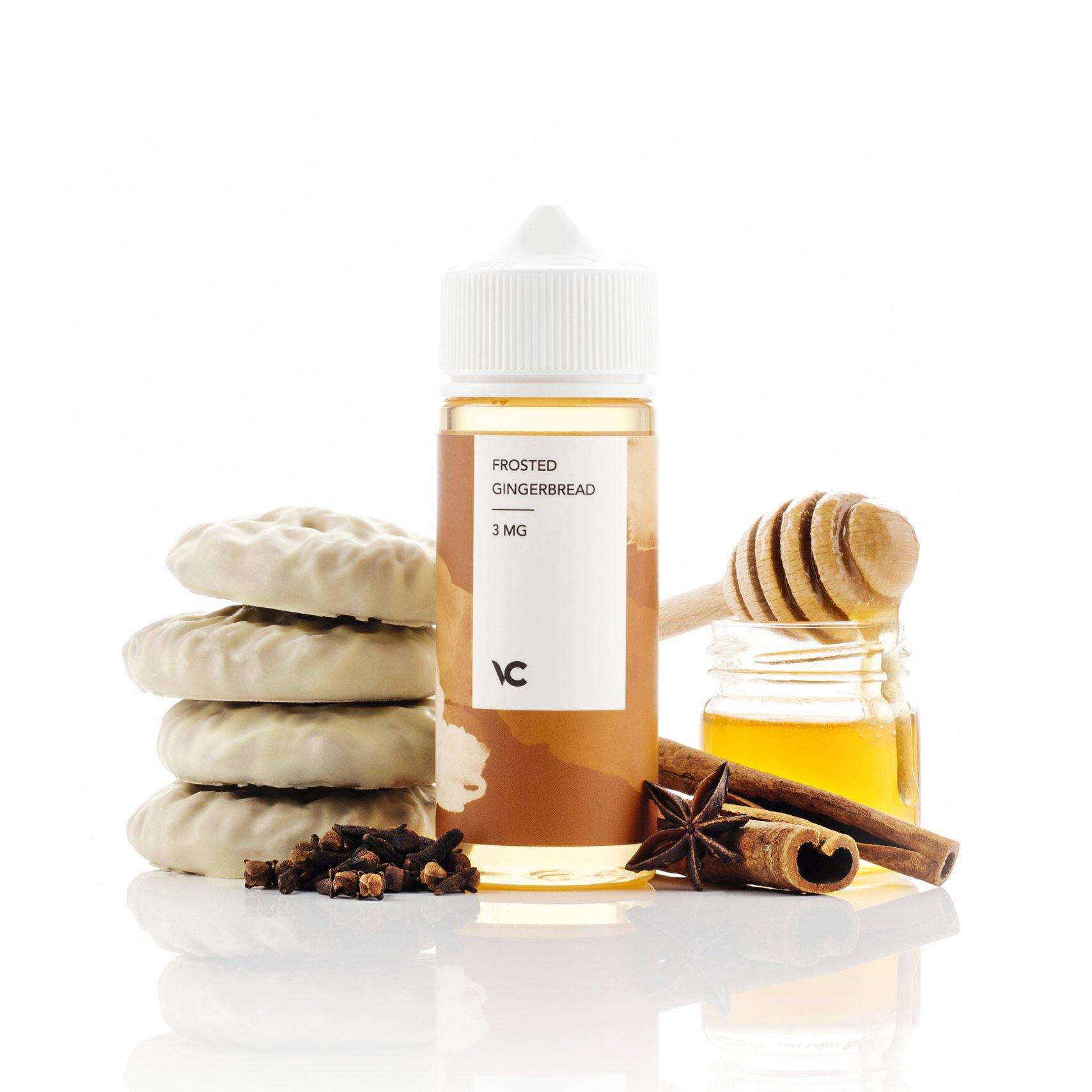
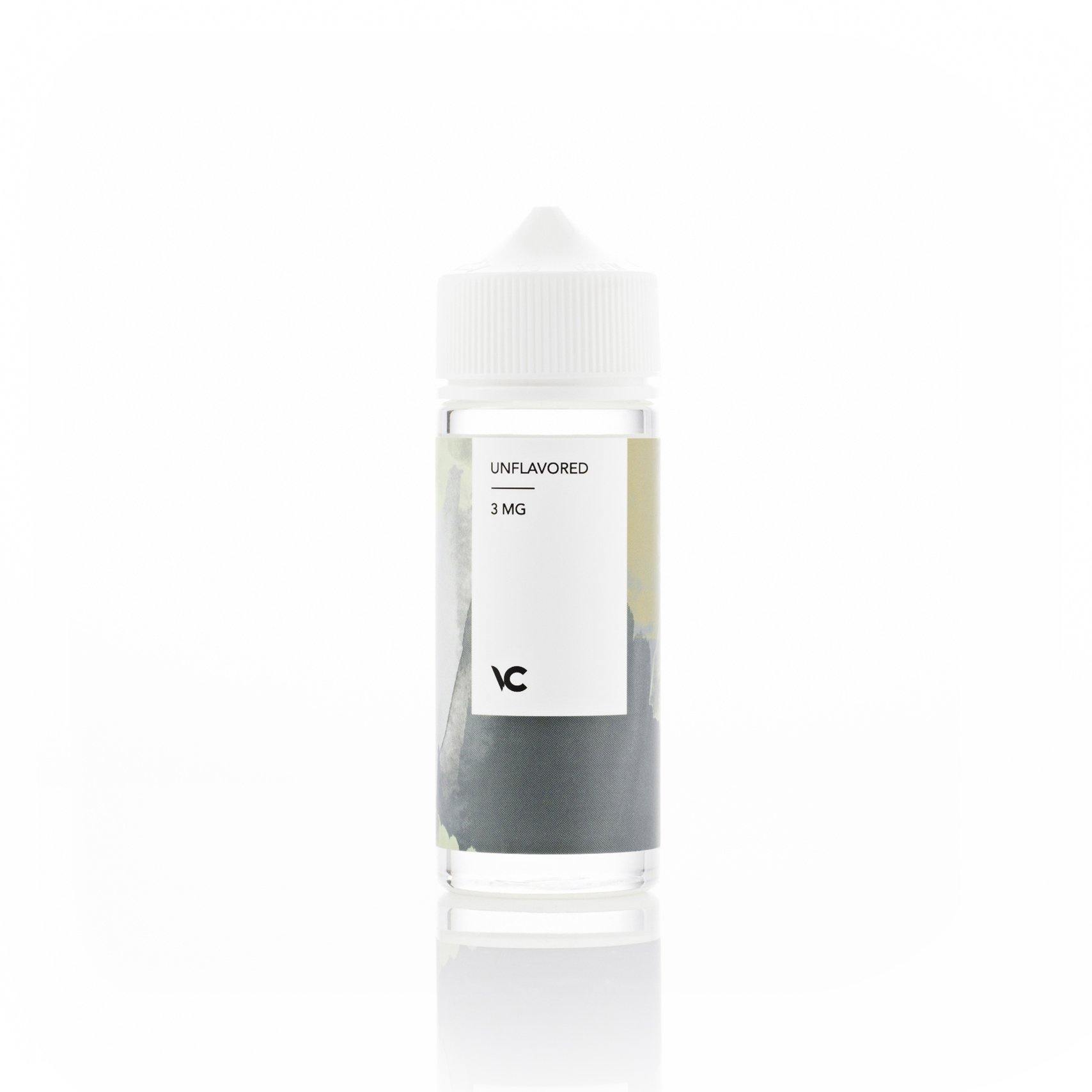
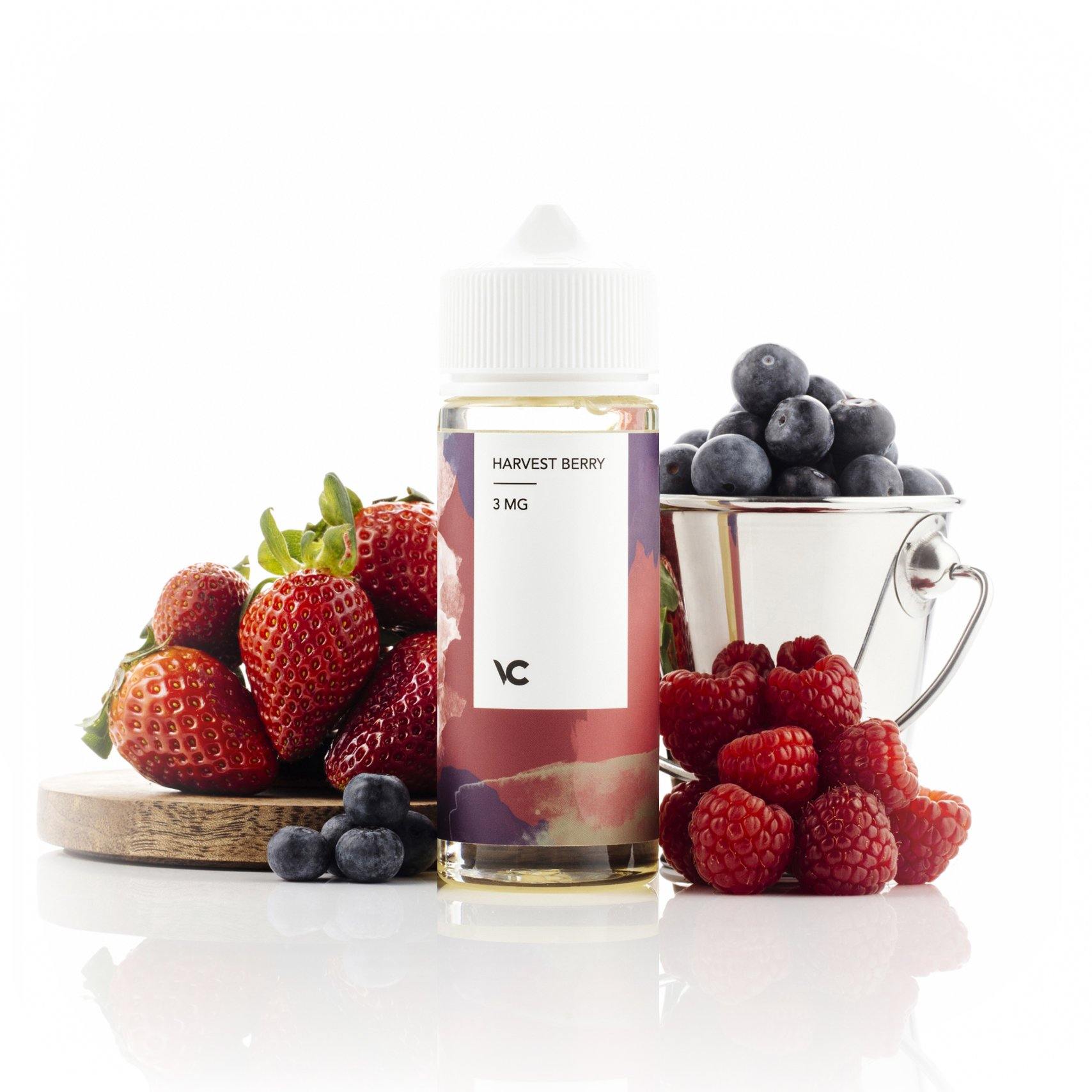
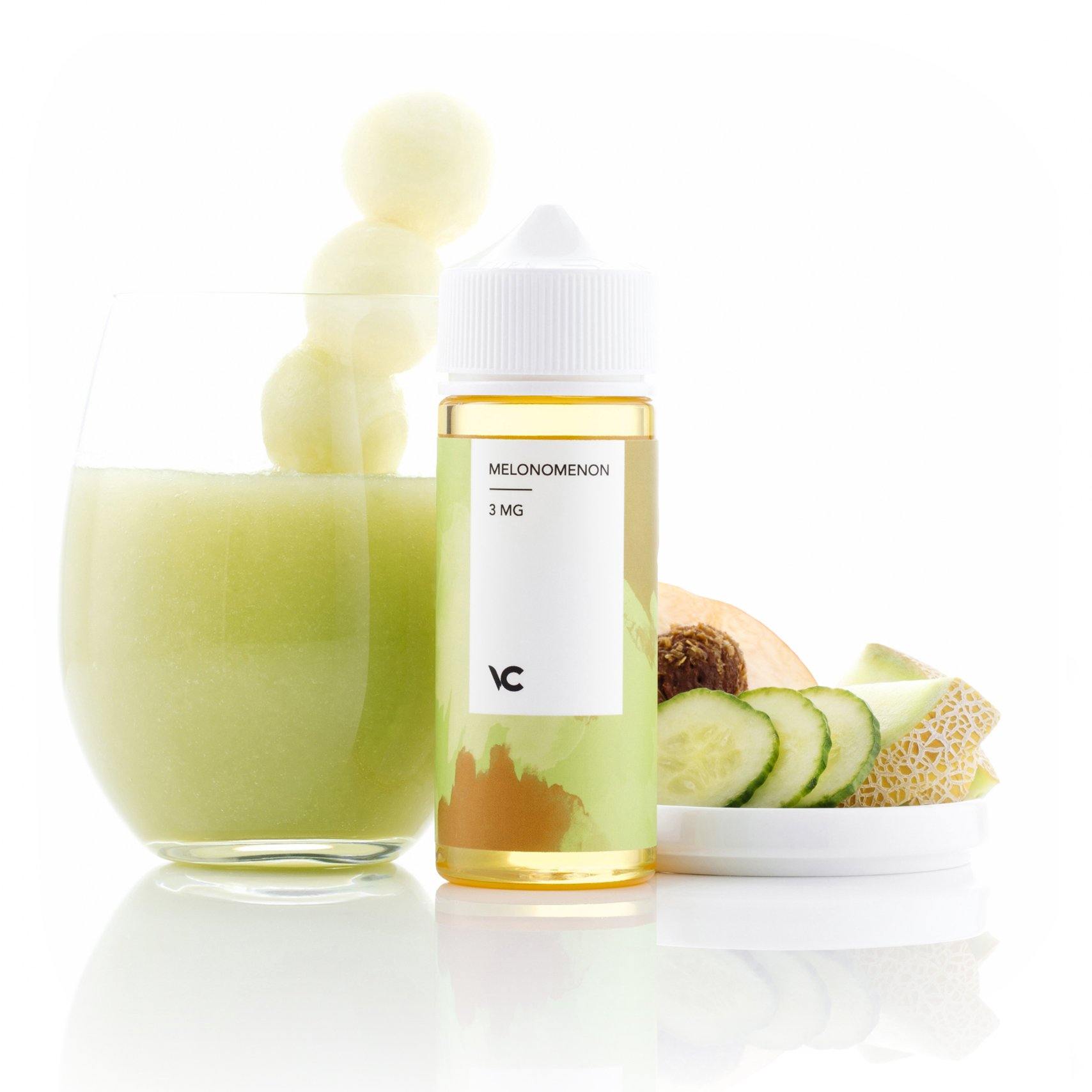
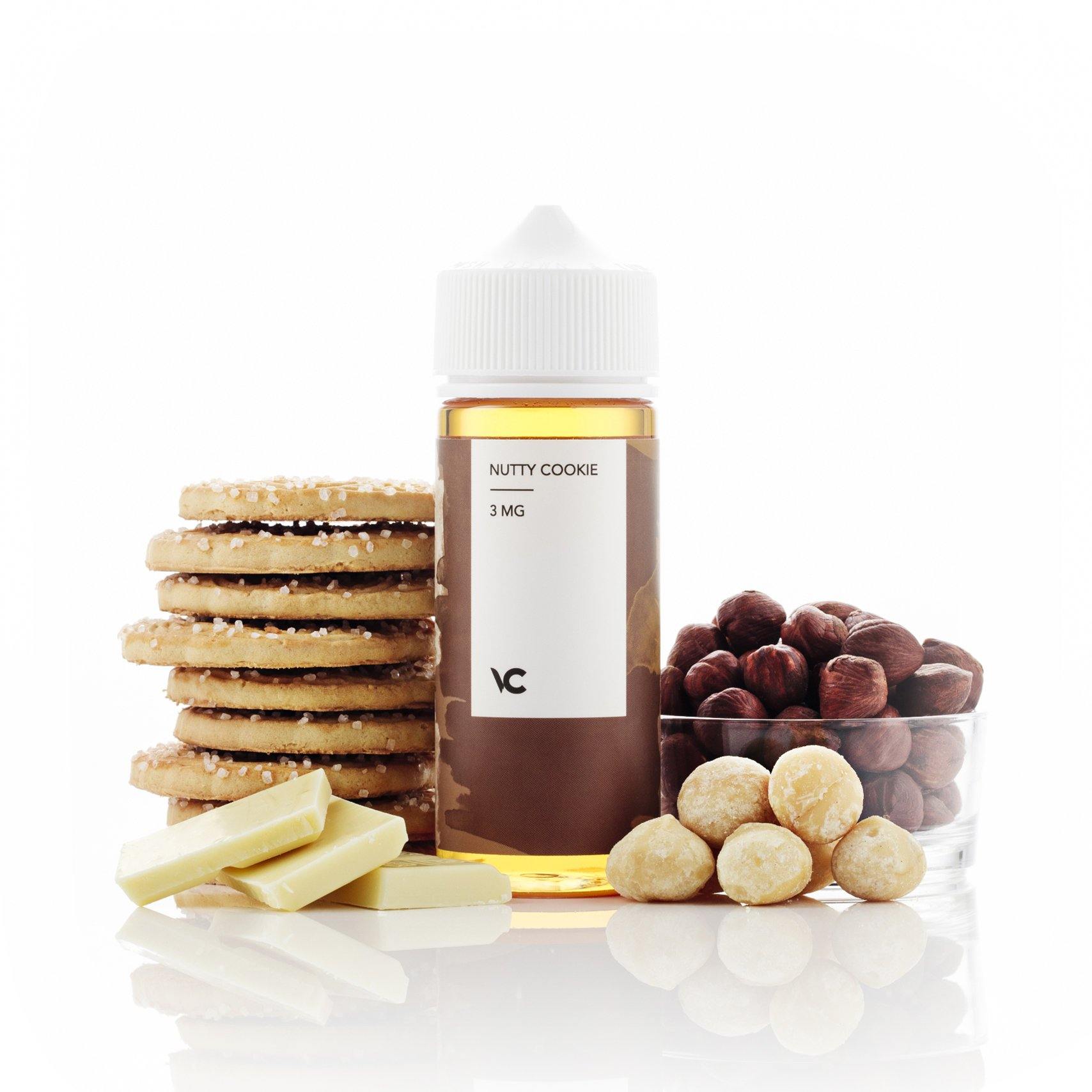
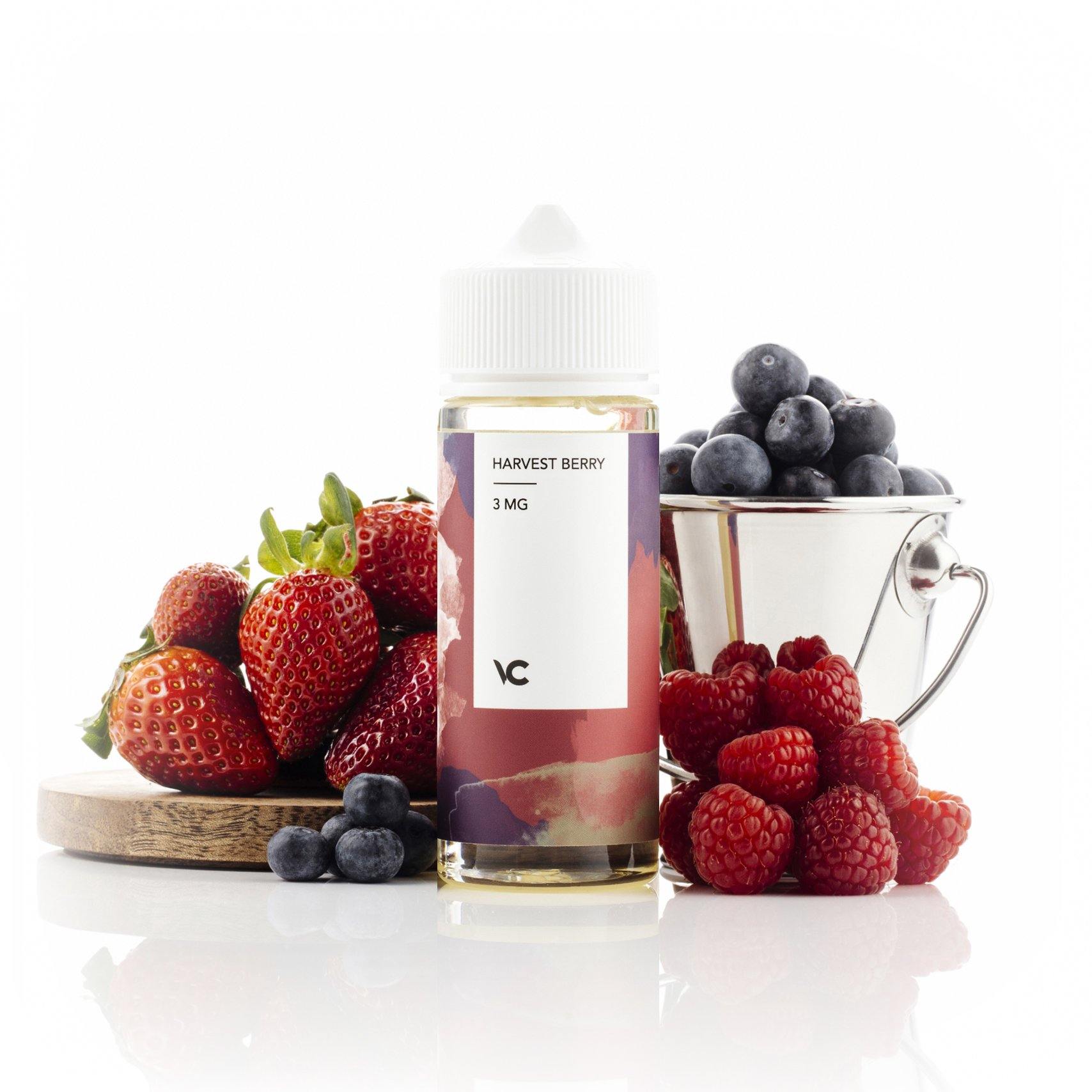
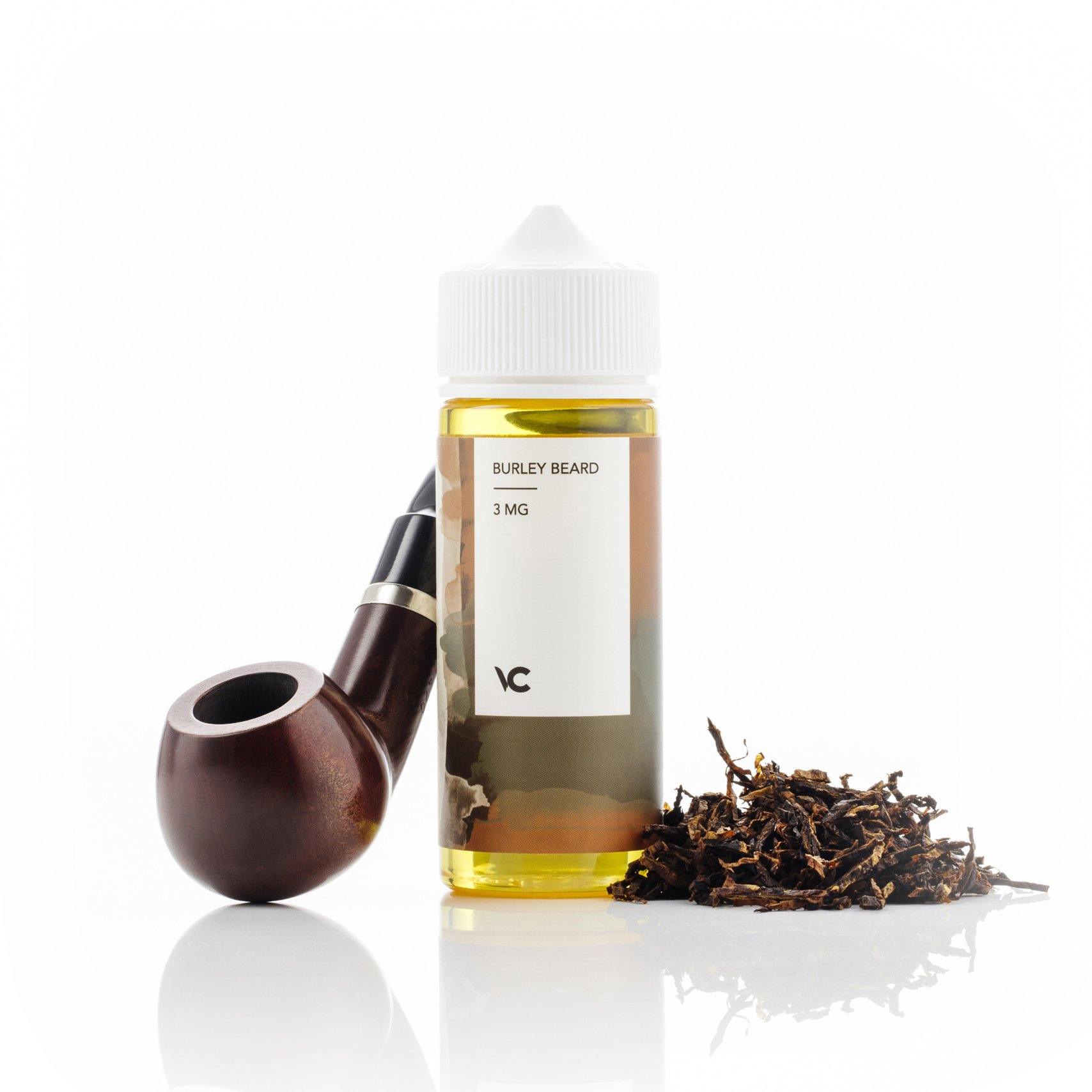
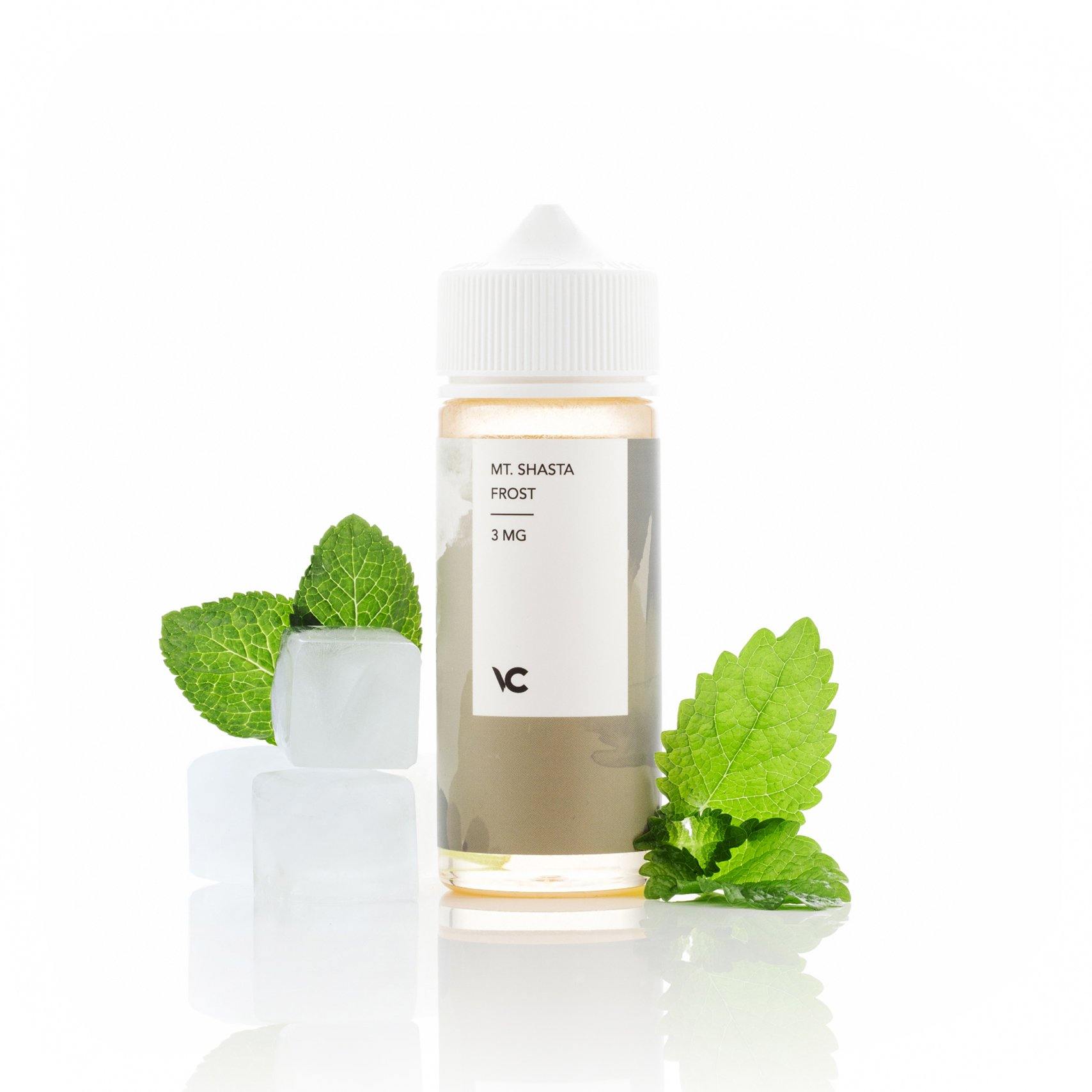
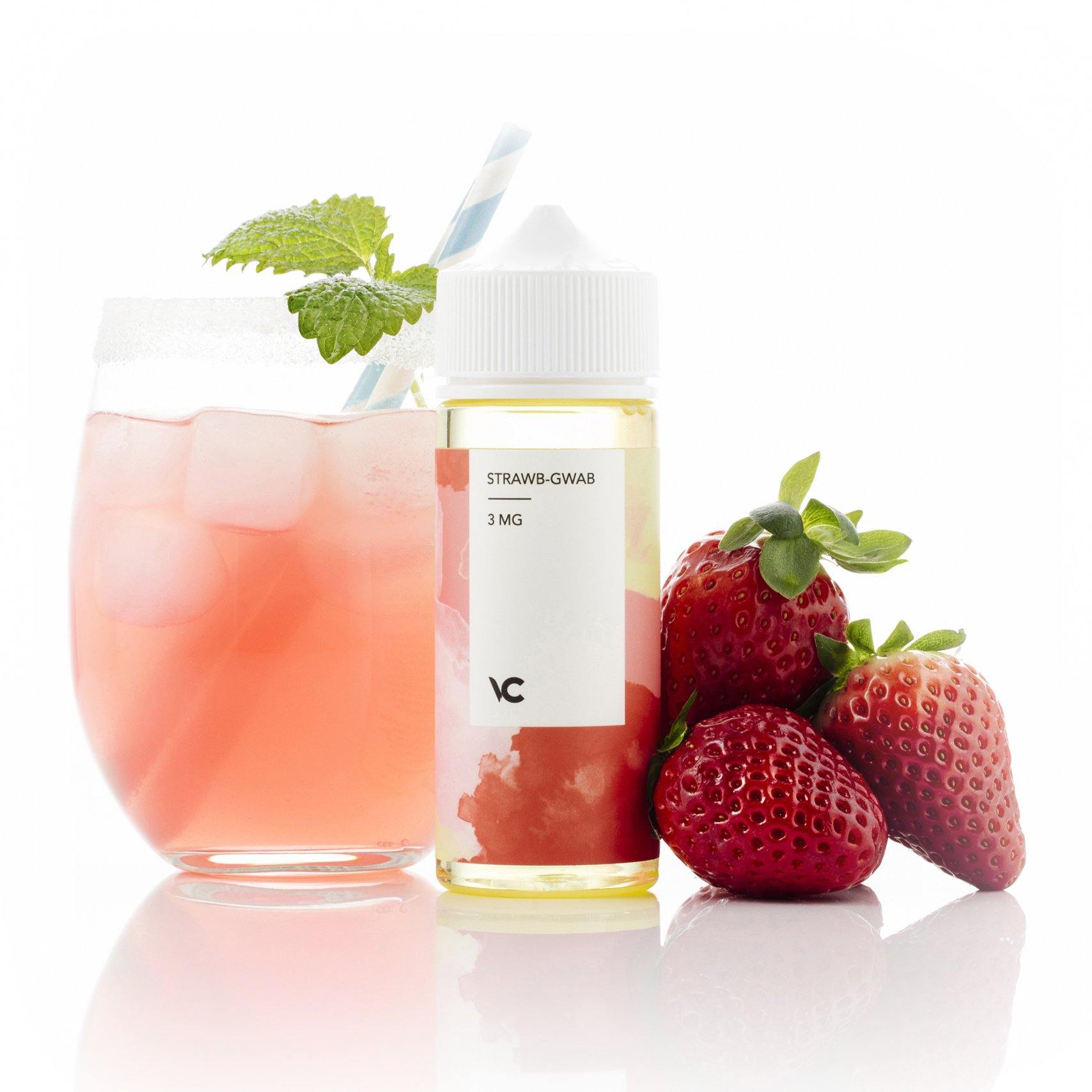
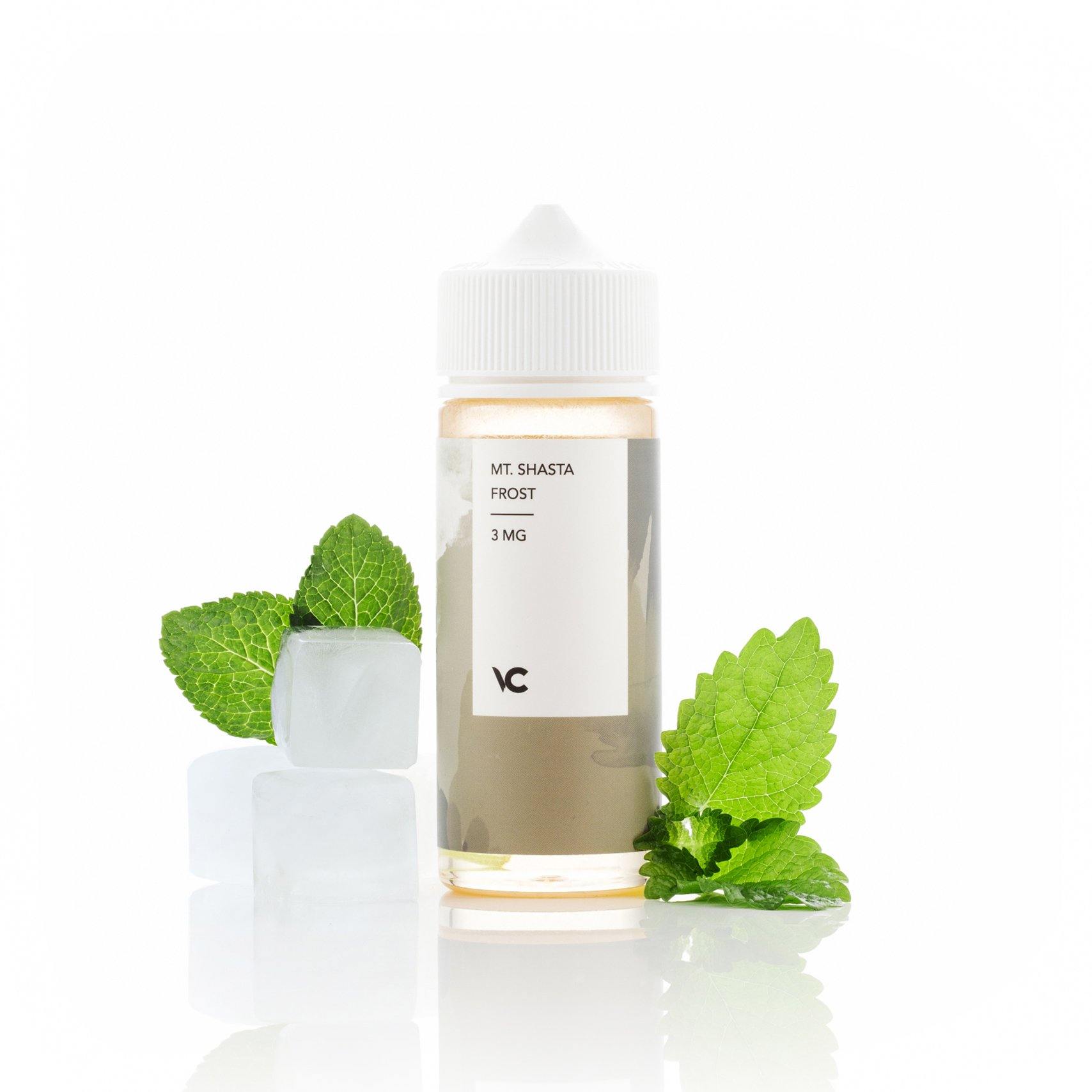
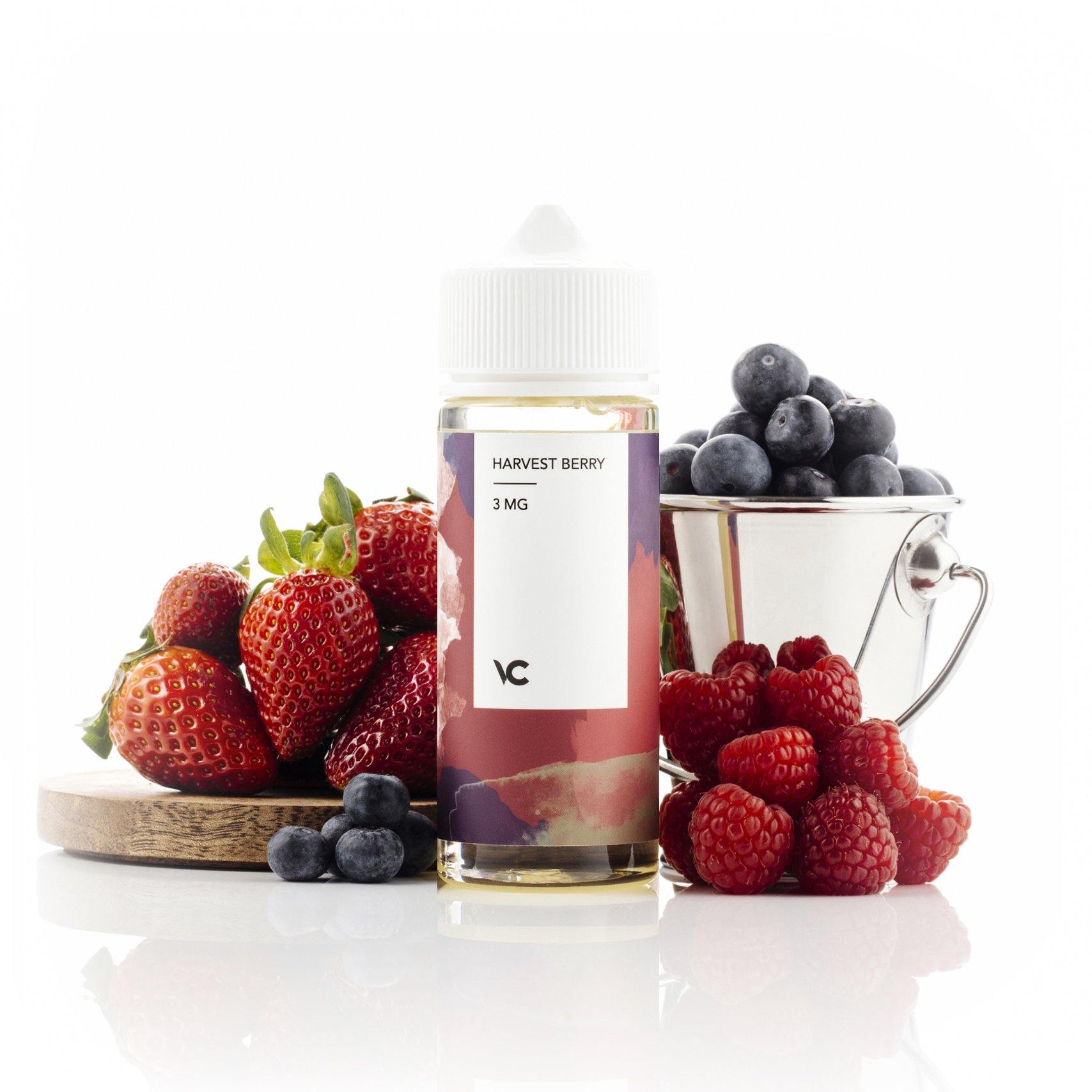
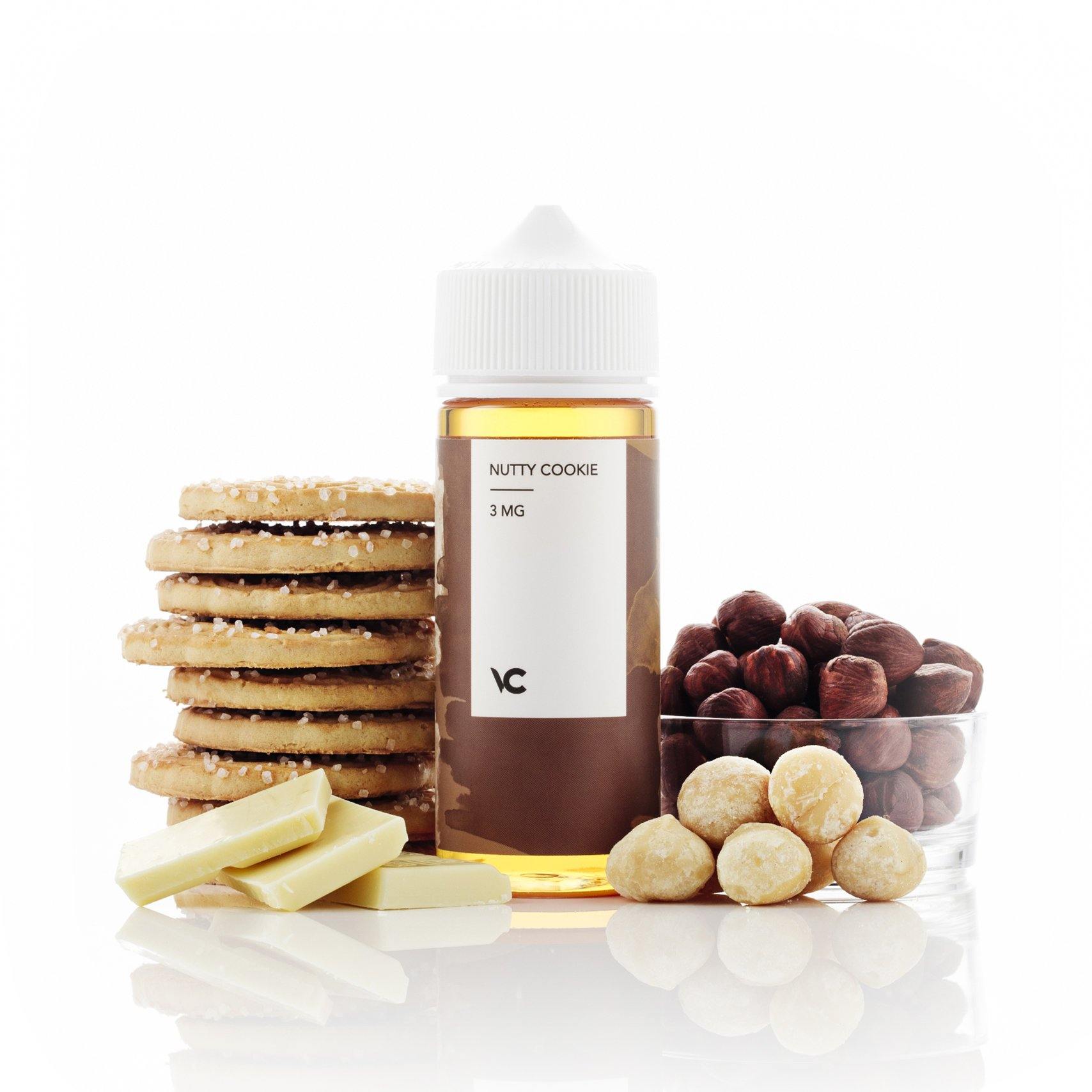
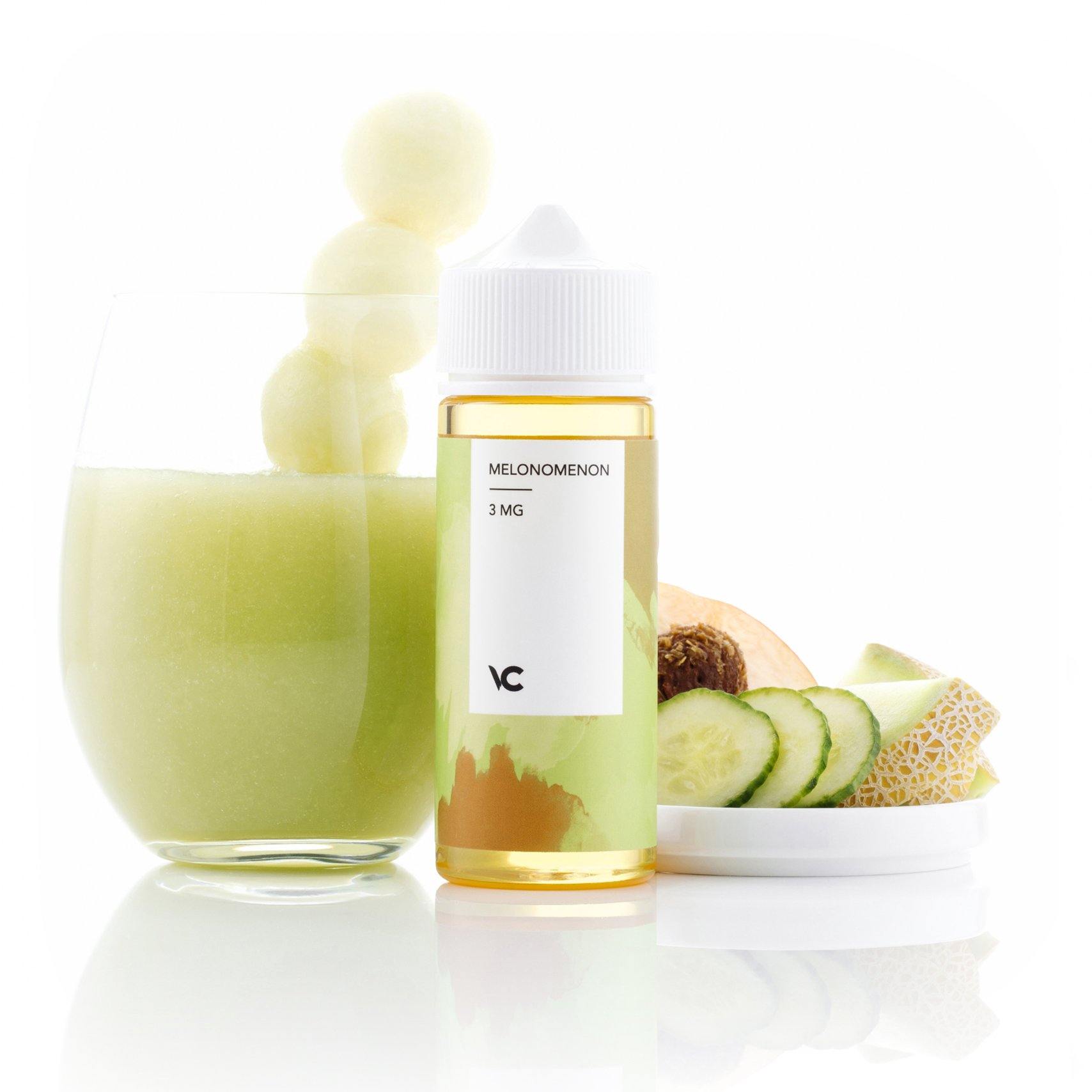

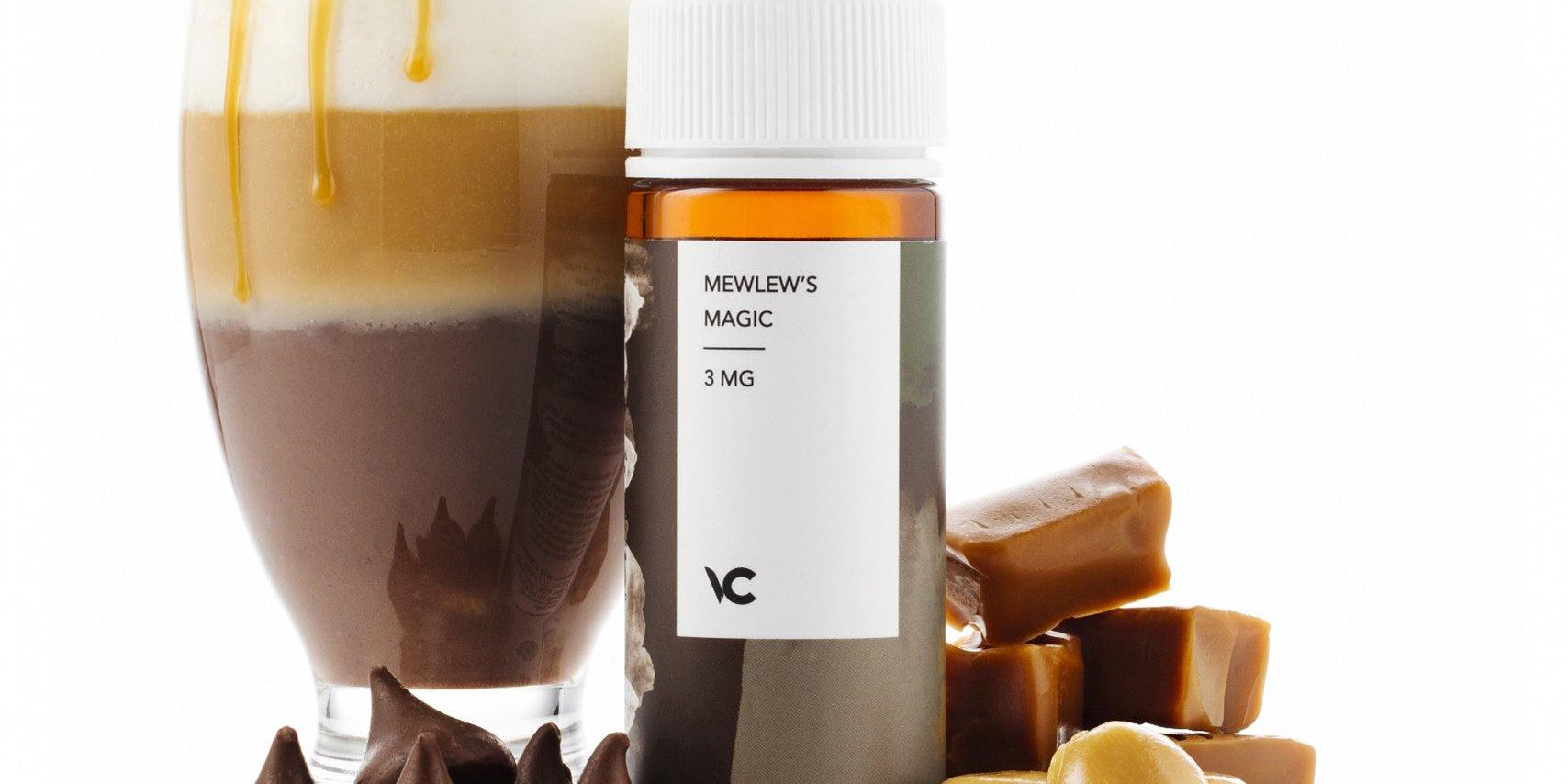
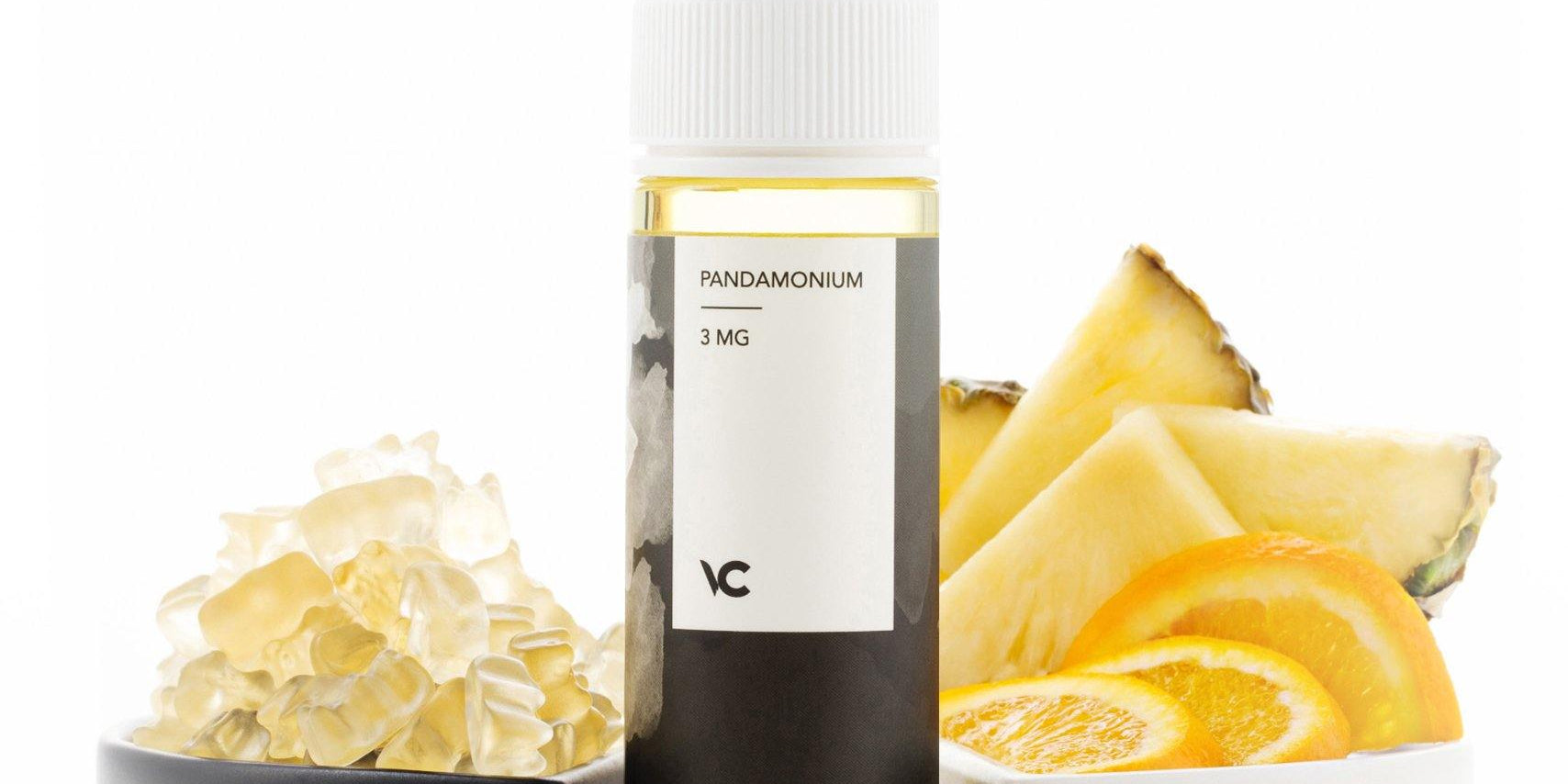
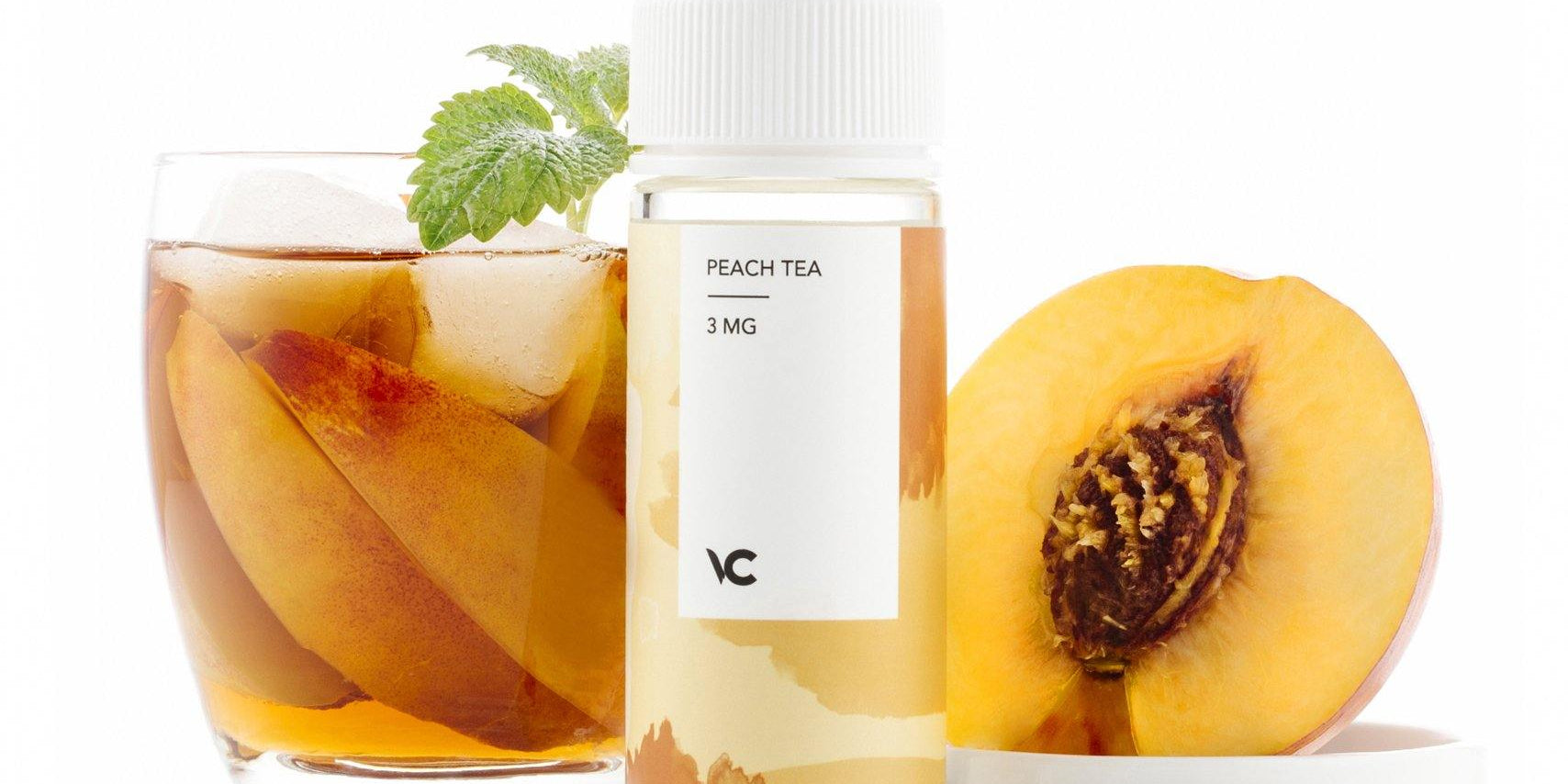
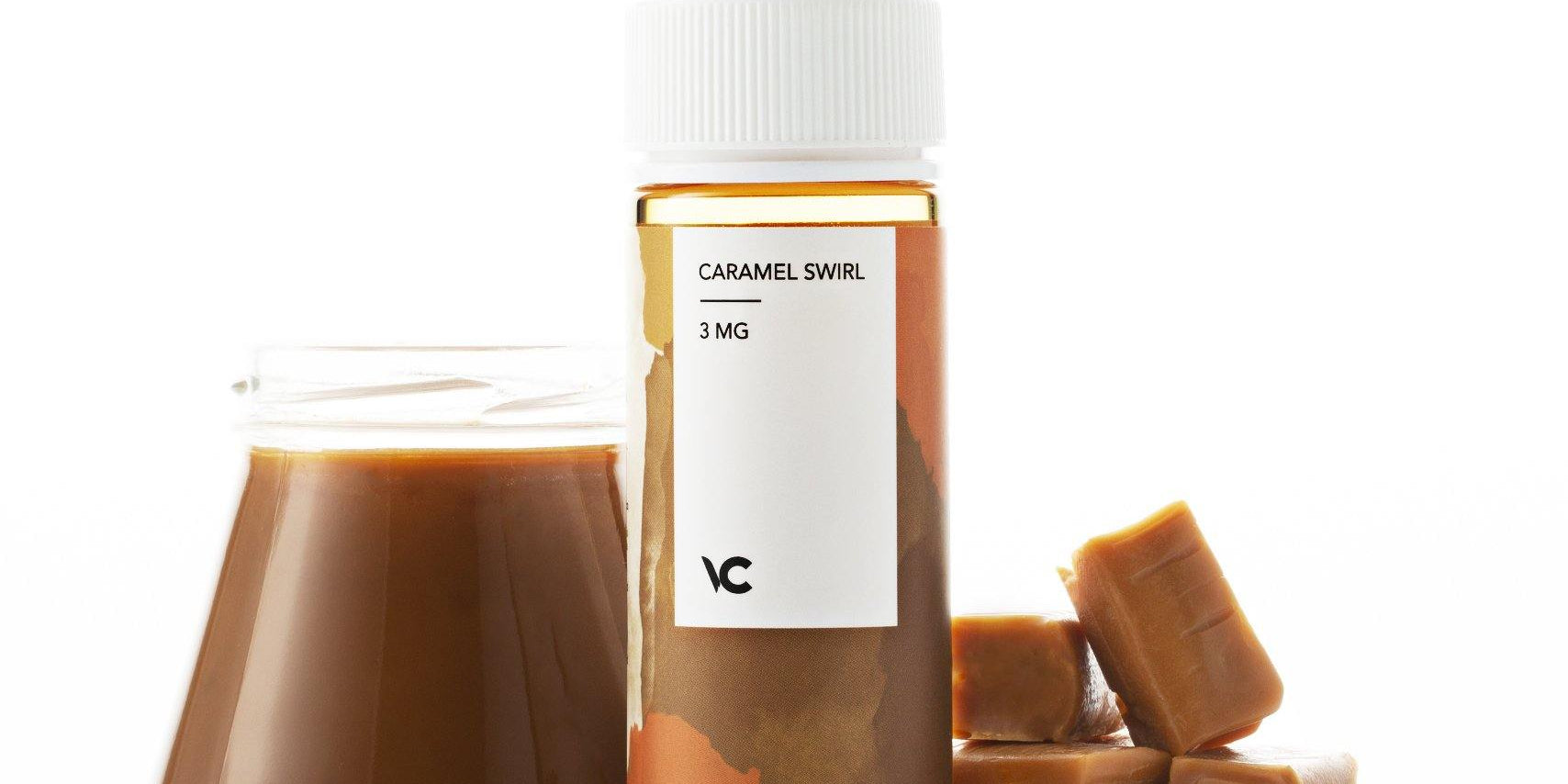
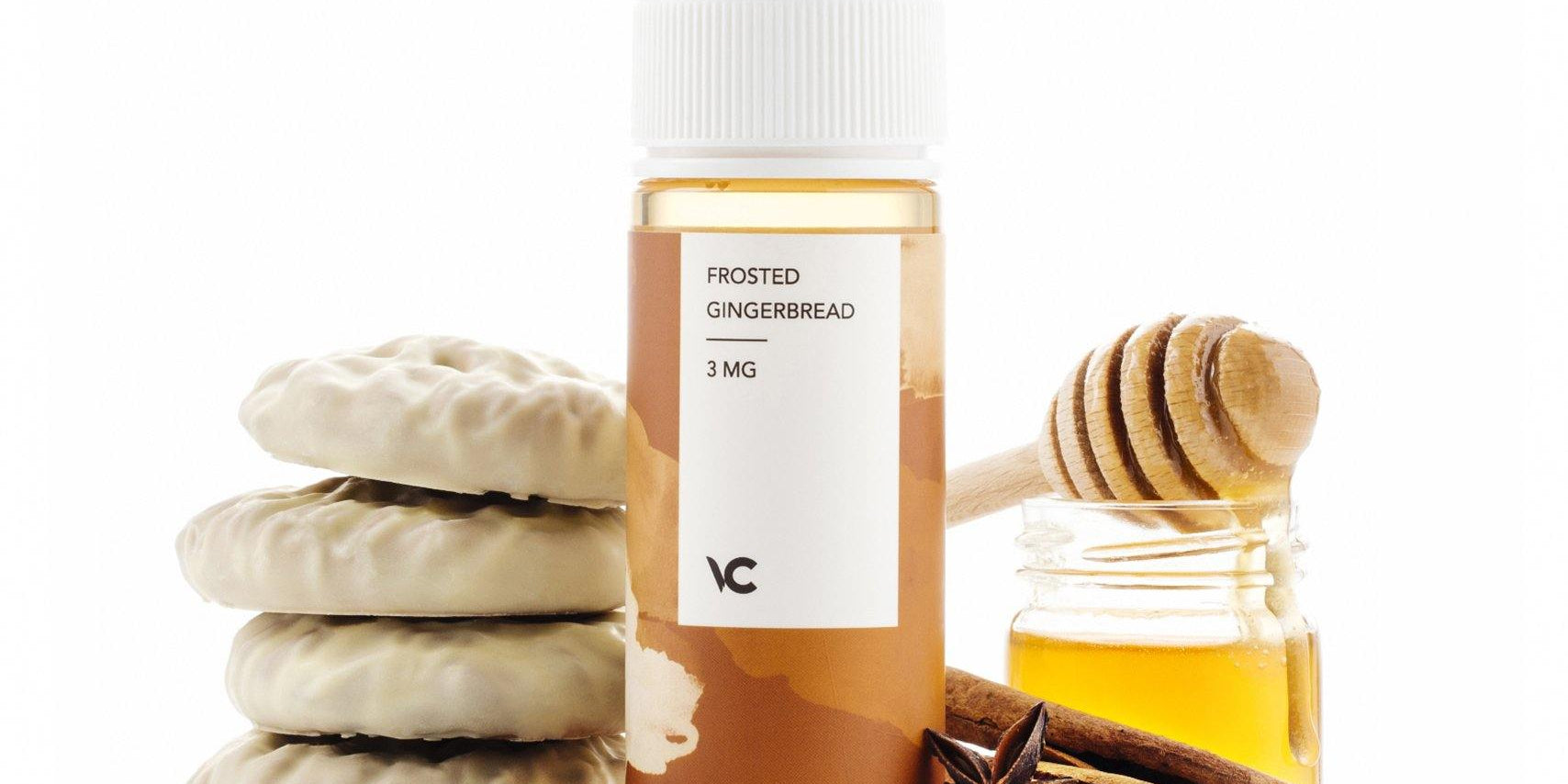
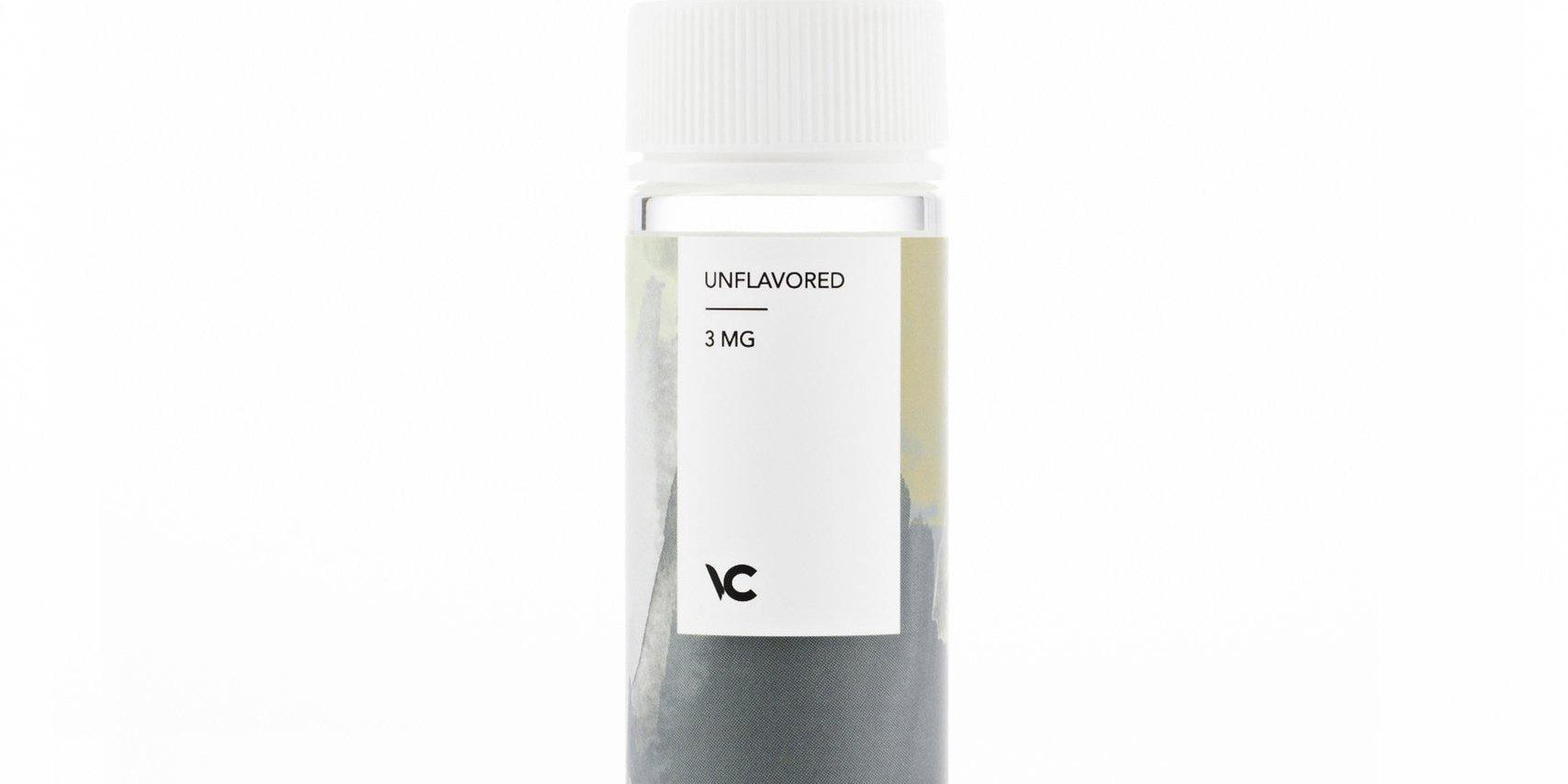
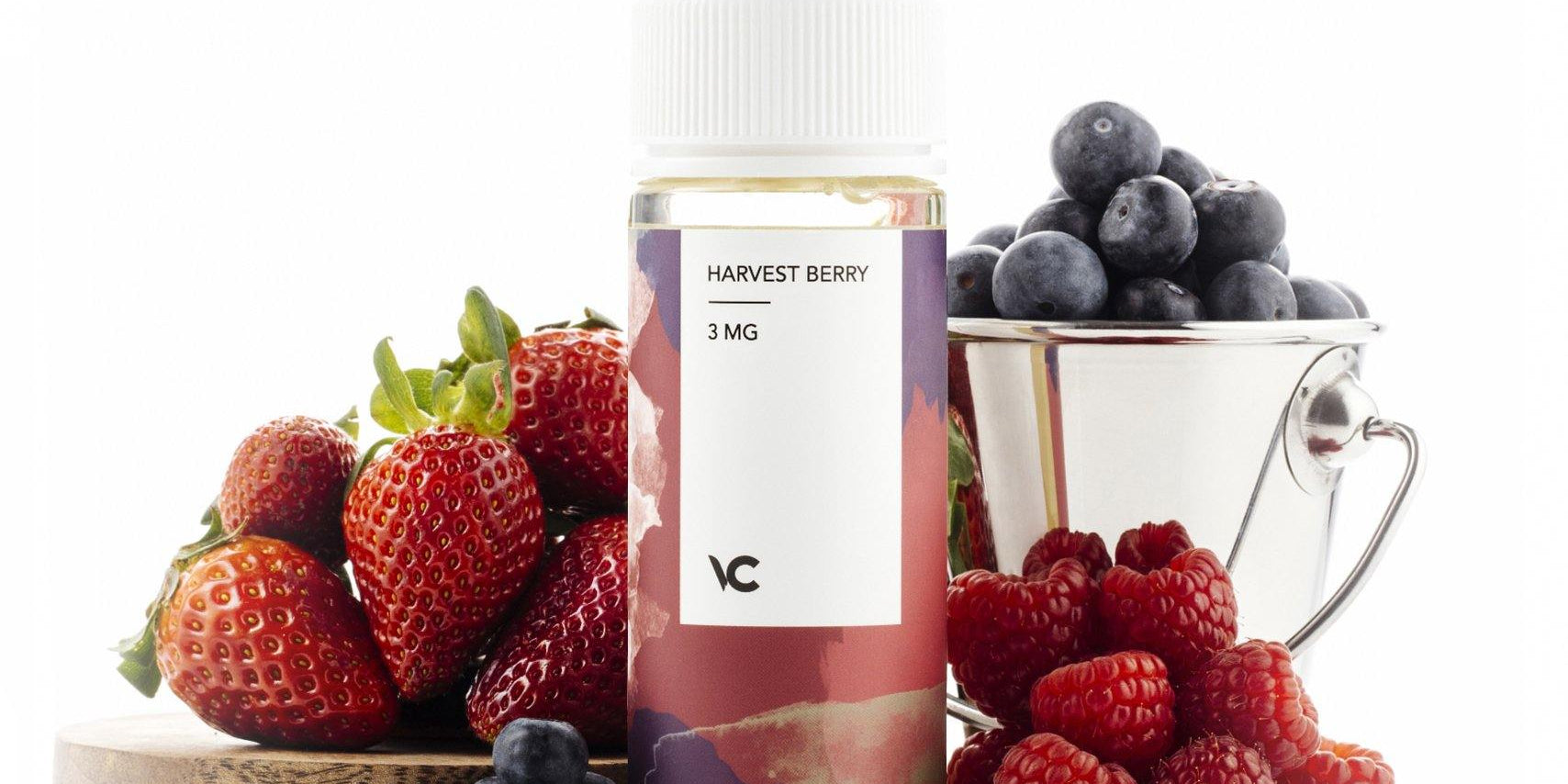
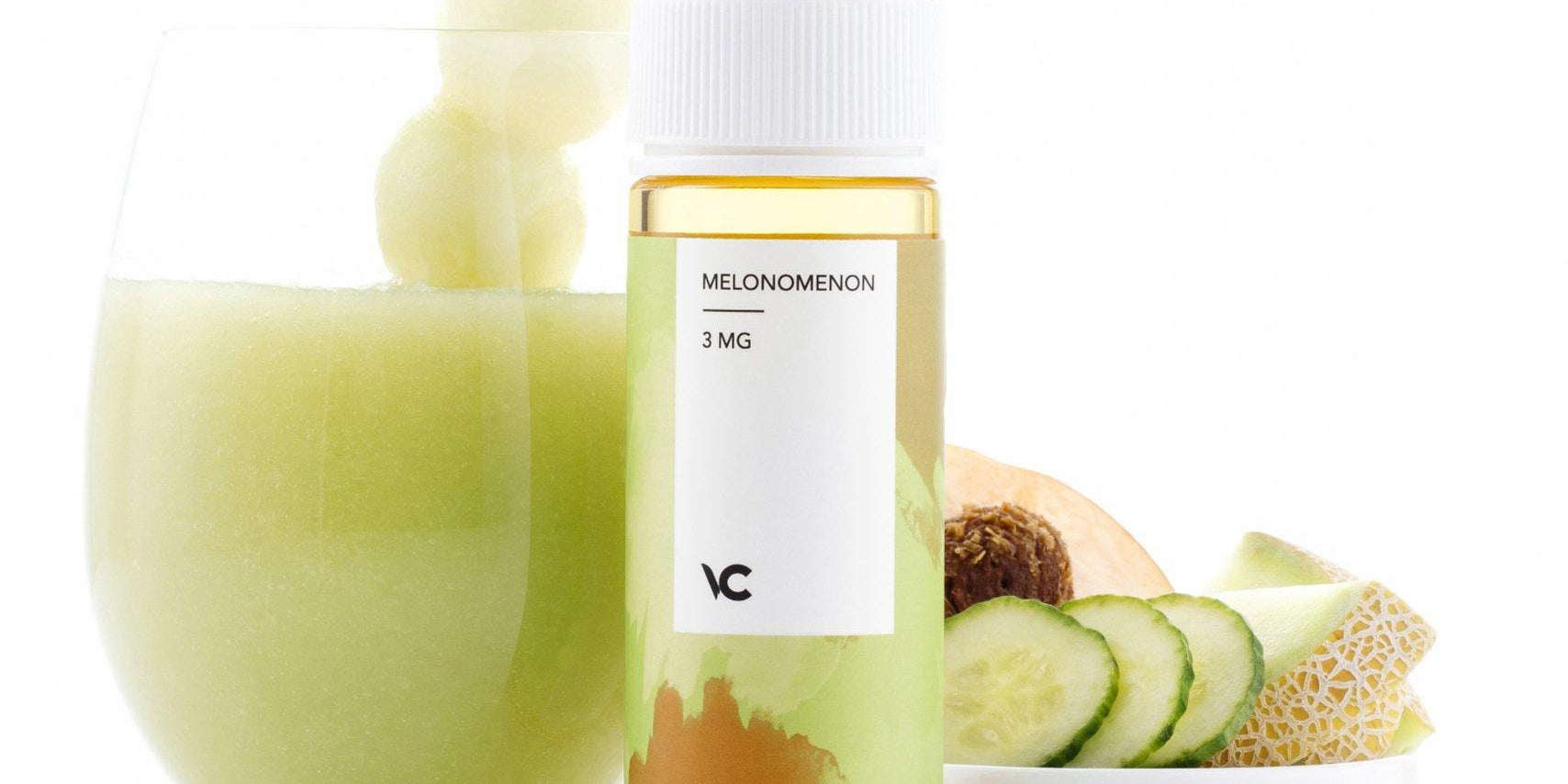

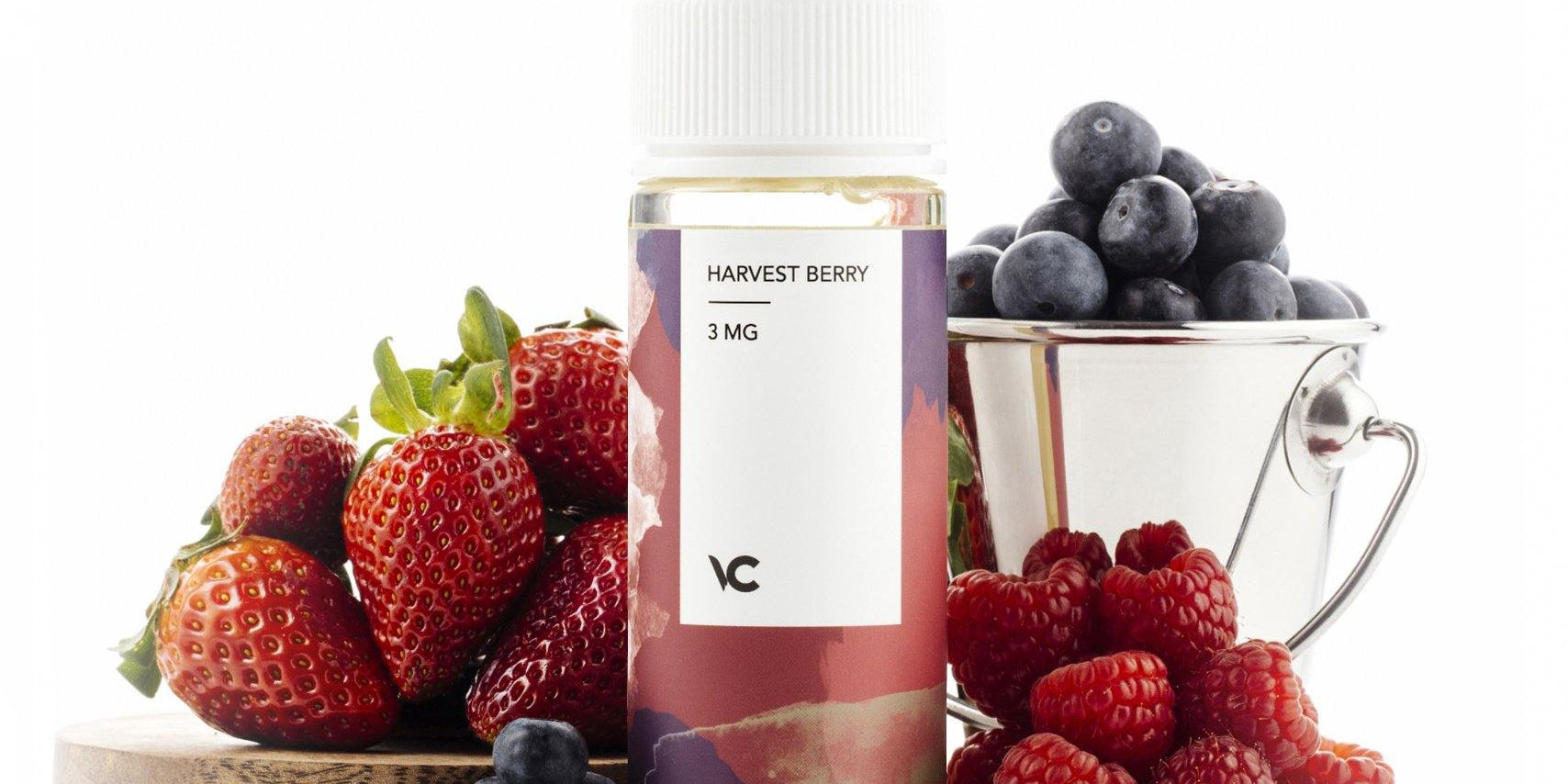

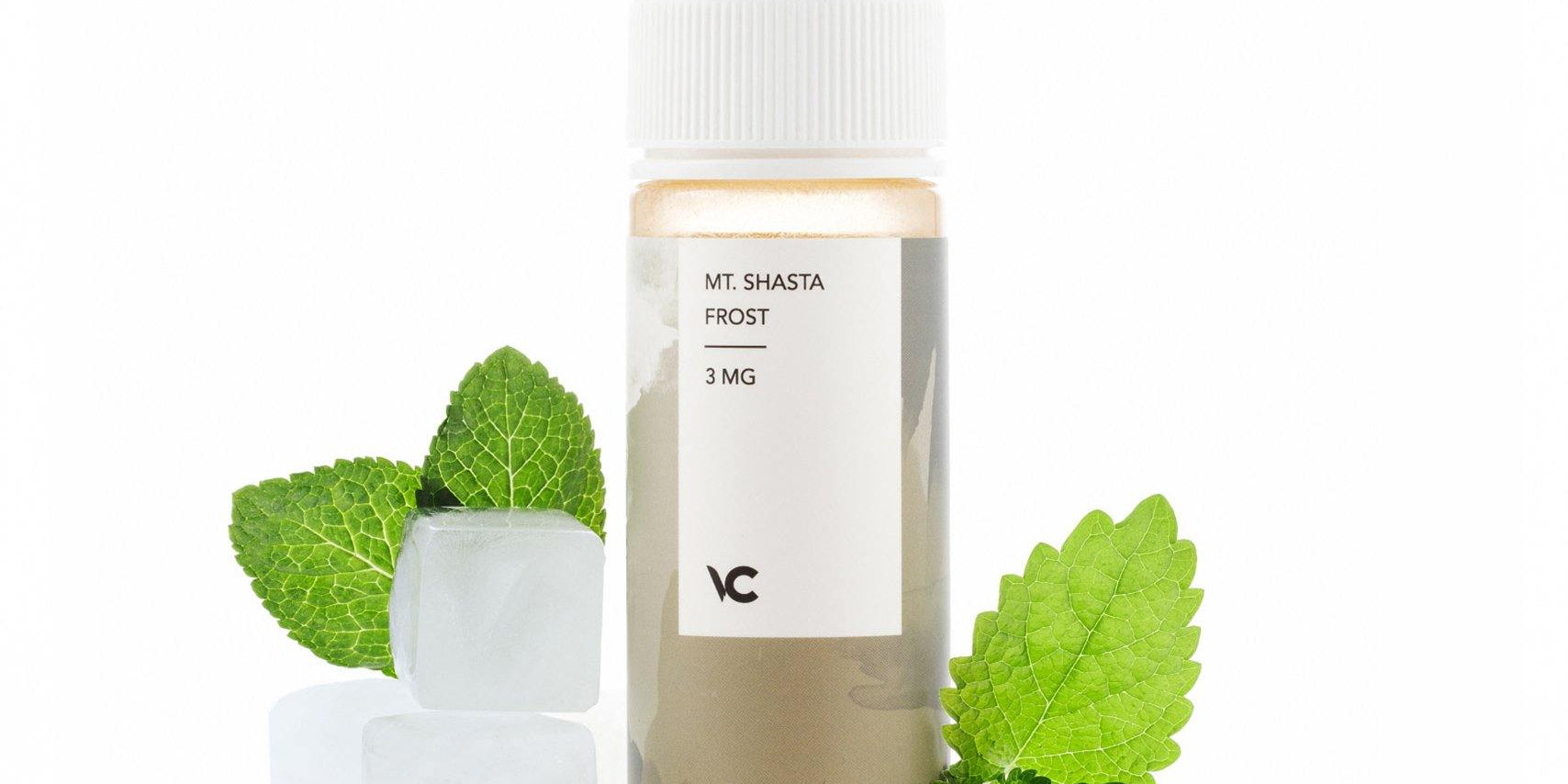
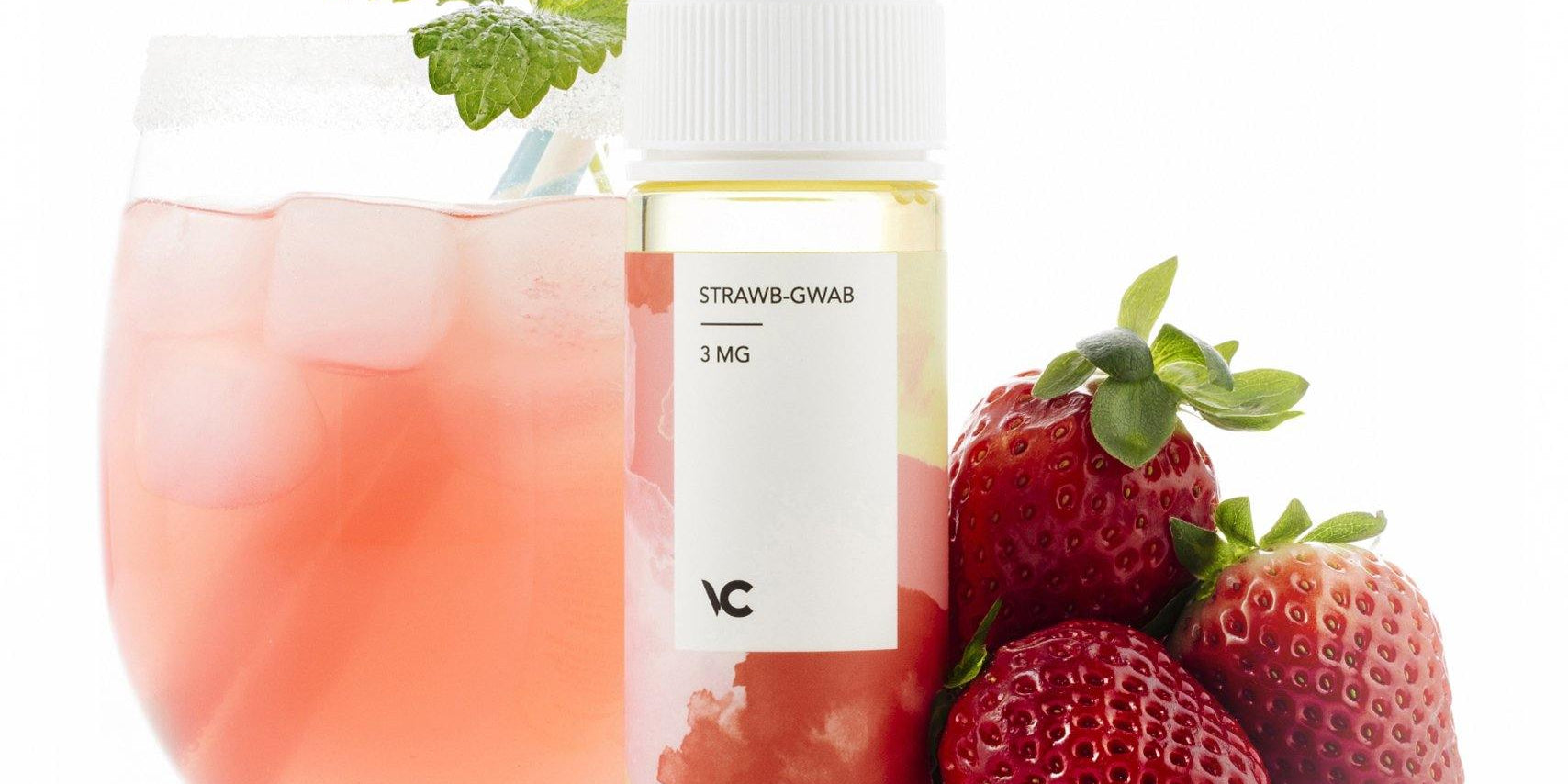


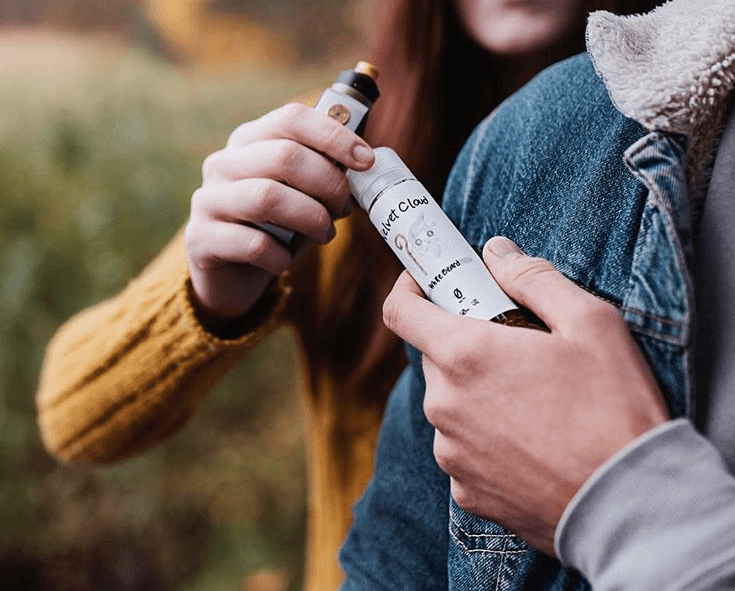
 Those who enjoy floral or fruity vape, or have had difficulty finding a fruity or floral vape to suit their preferences may want to try a vegetable glycerin product. Since VG is naturally sweet, your fruity and floral flavored vapes will taste closer to the original because they won't have the tell-tale aftertaste of artificial sweeteners.
Those who enjoy floral or fruity vape, or have had difficulty finding a fruity or floral vape to suit their preferences may want to try a vegetable glycerin product. Since VG is naturally sweet, your fruity and floral flavored vapes will taste closer to the original because they won't have the tell-tale aftertaste of artificial sweeteners.